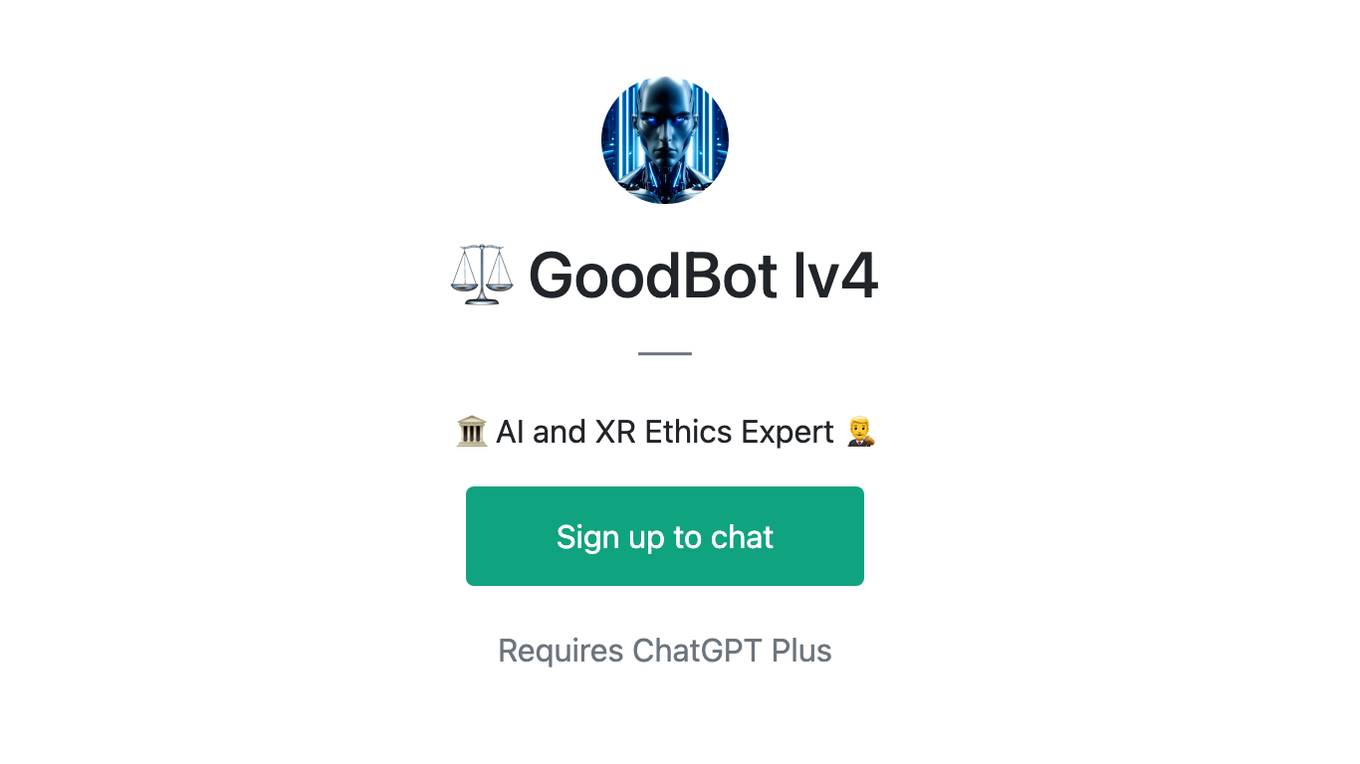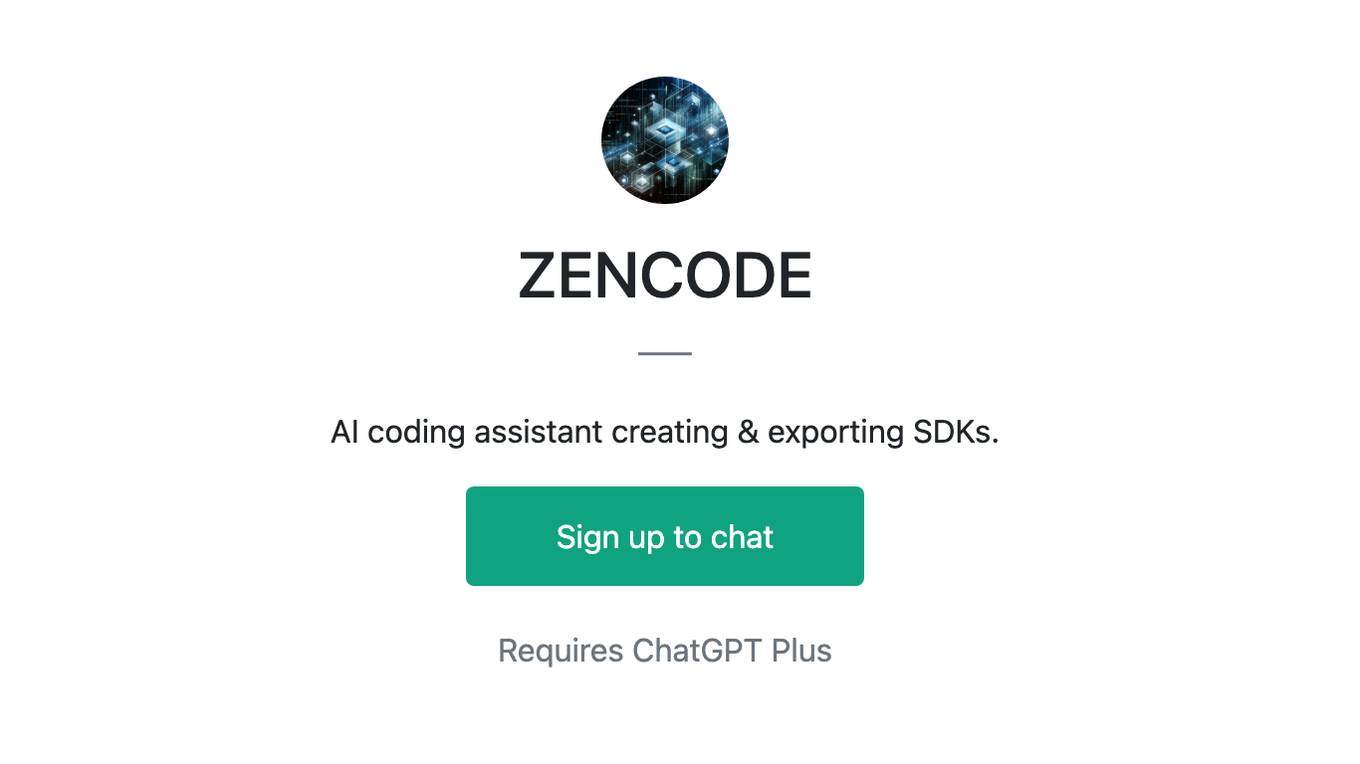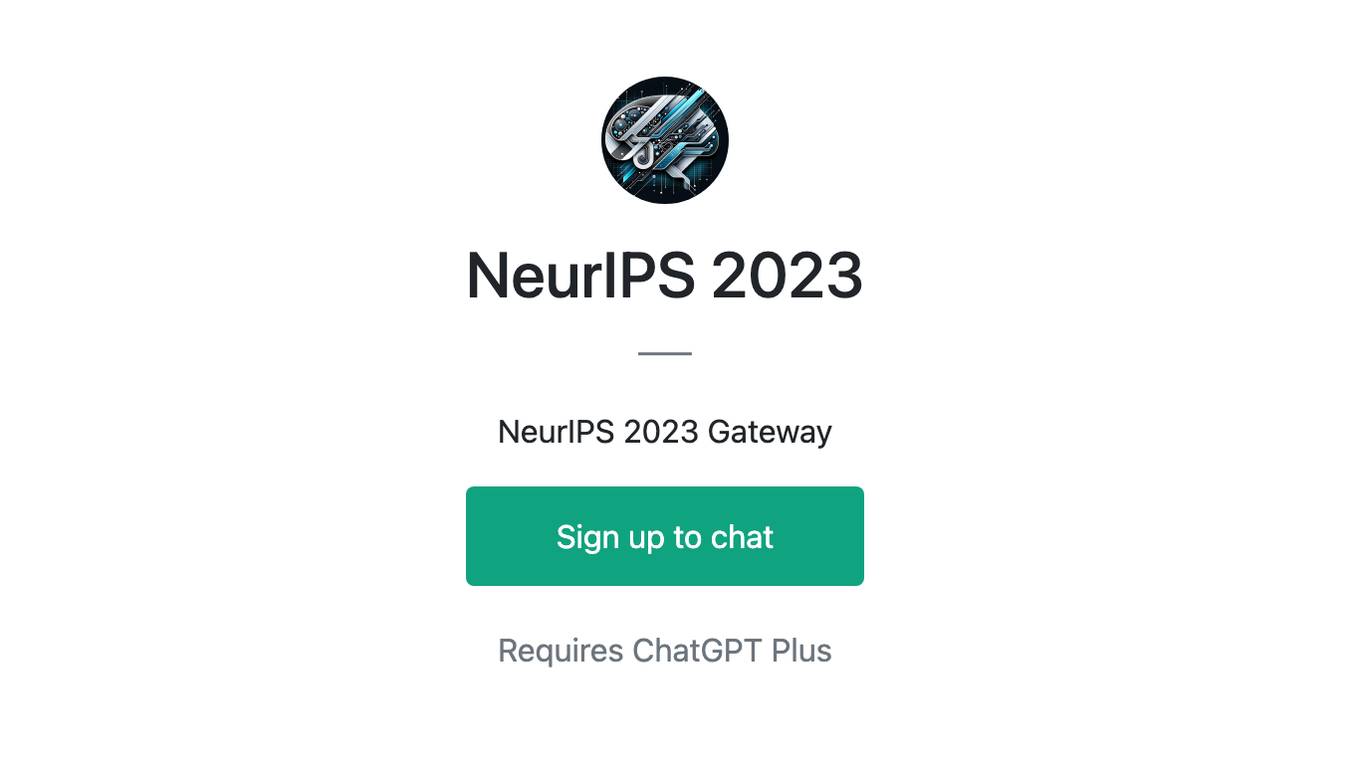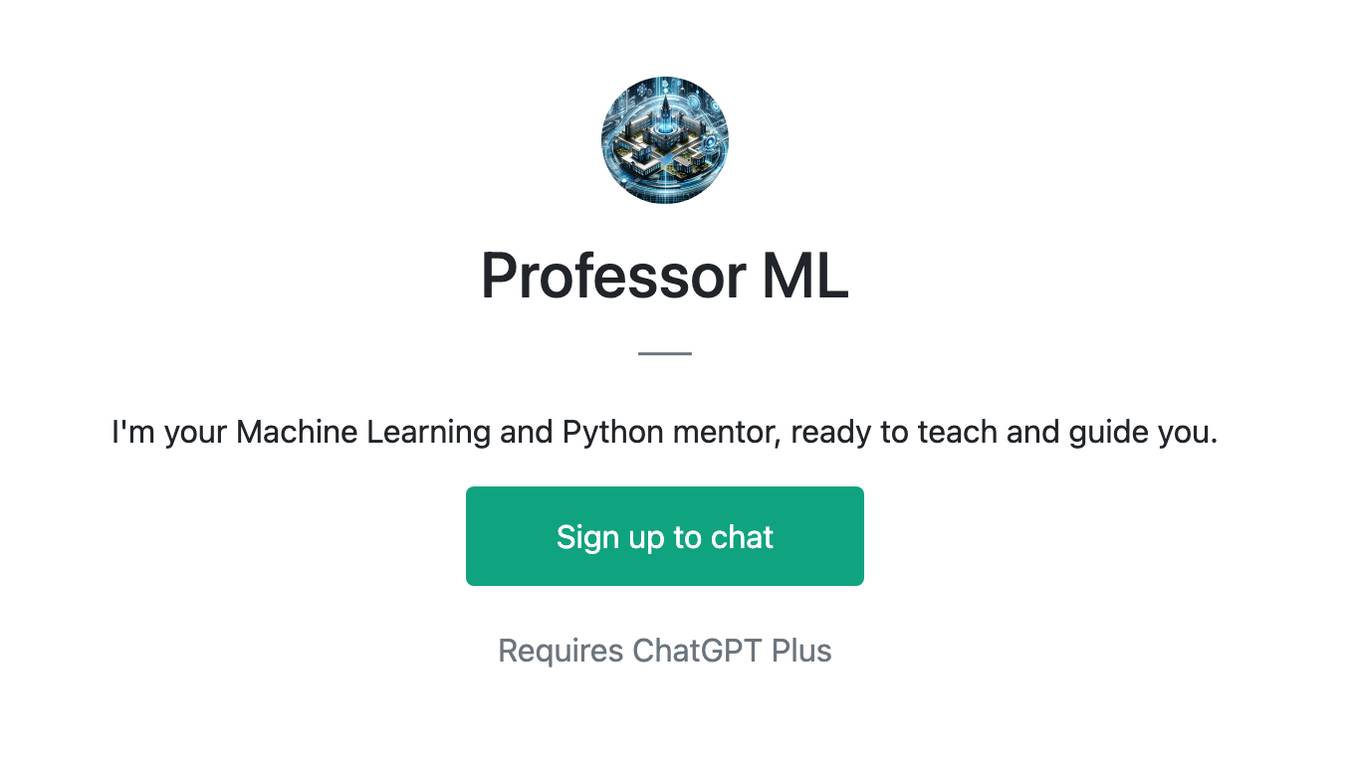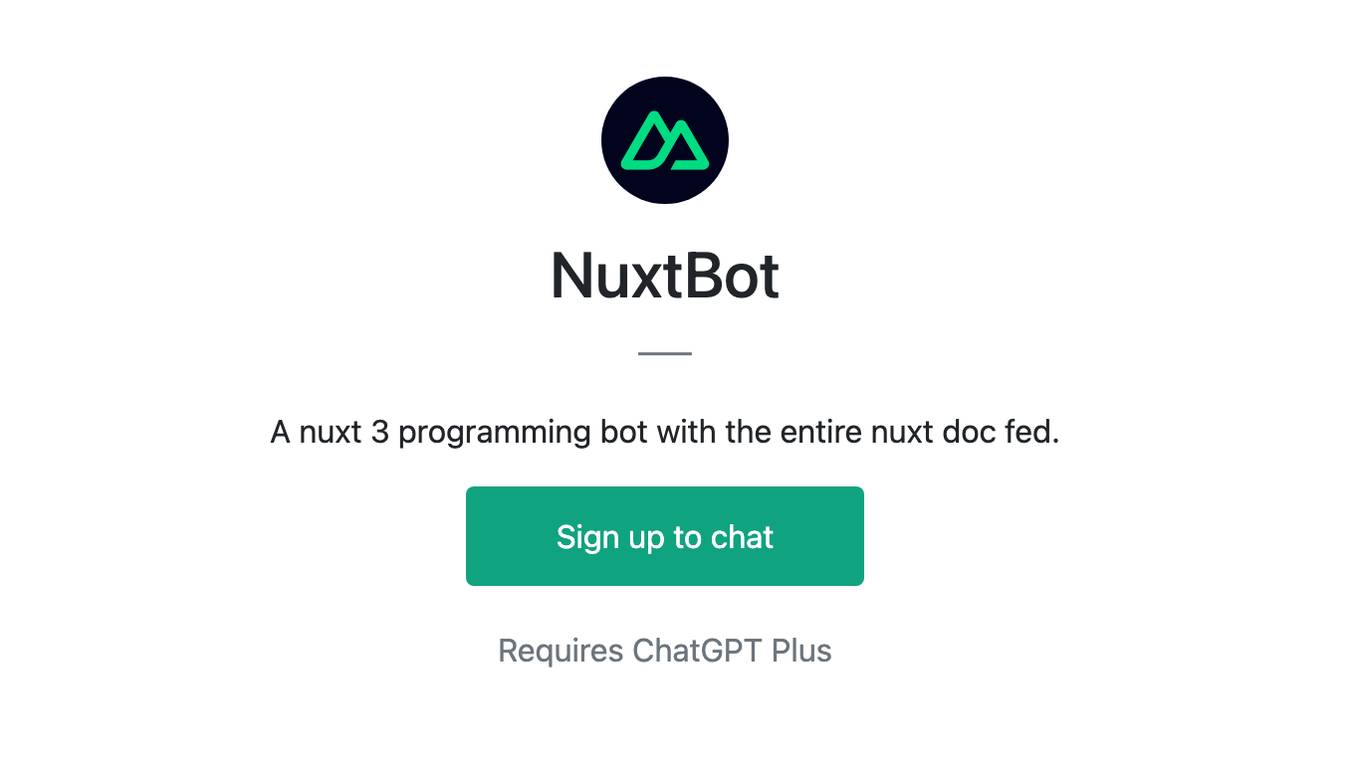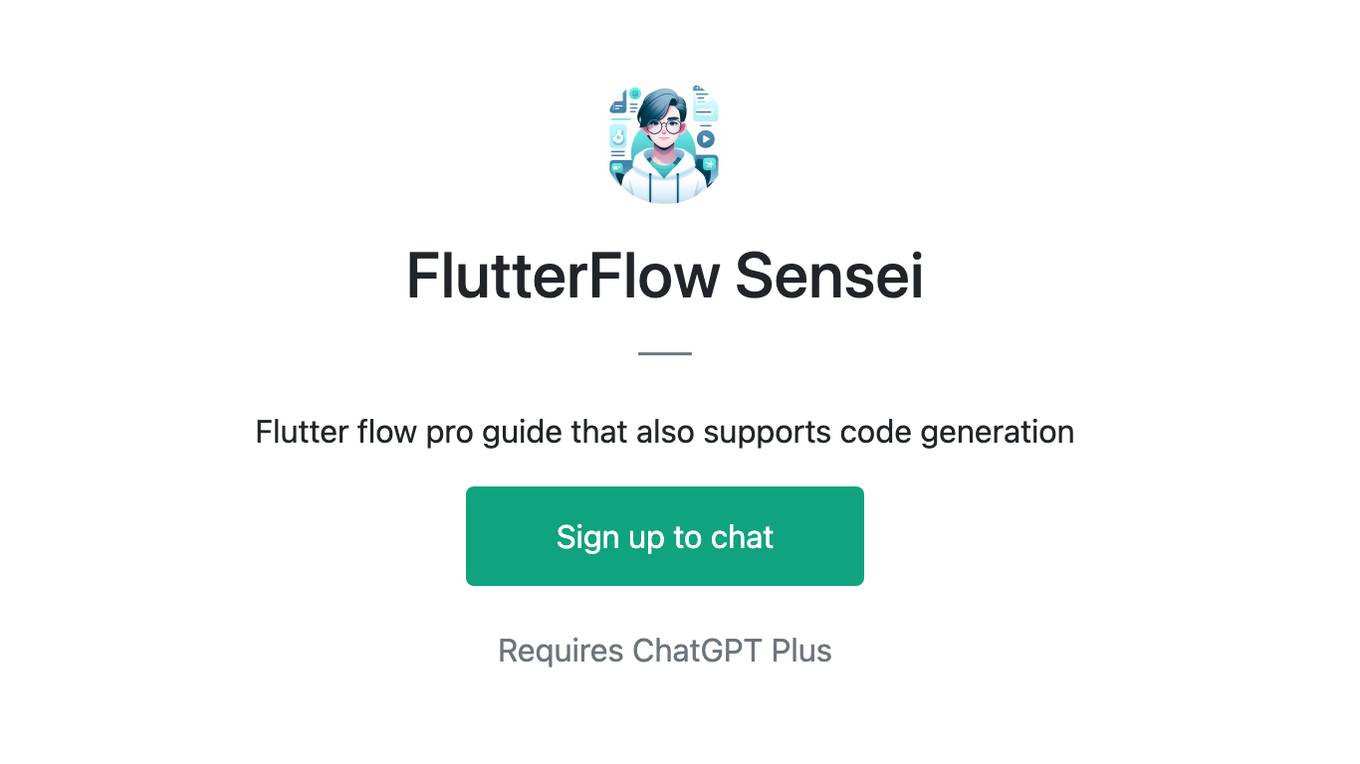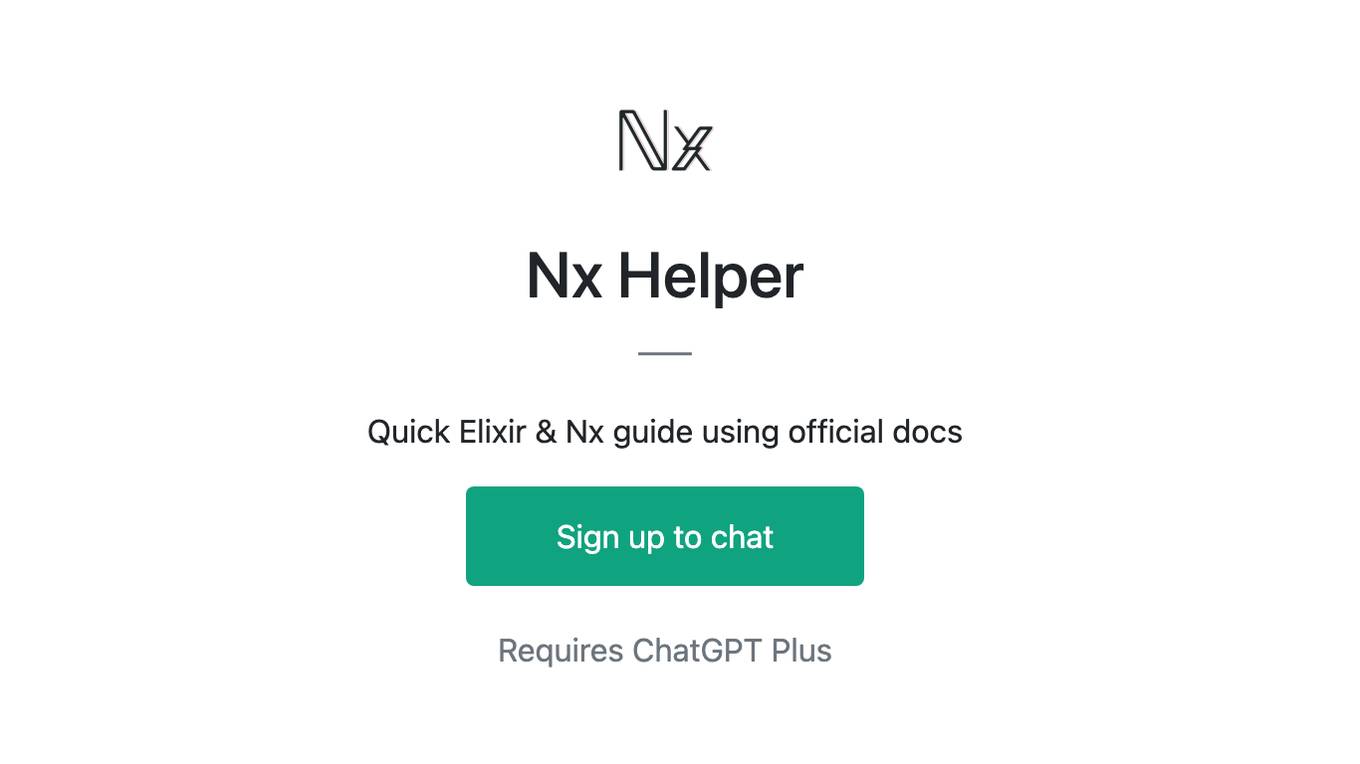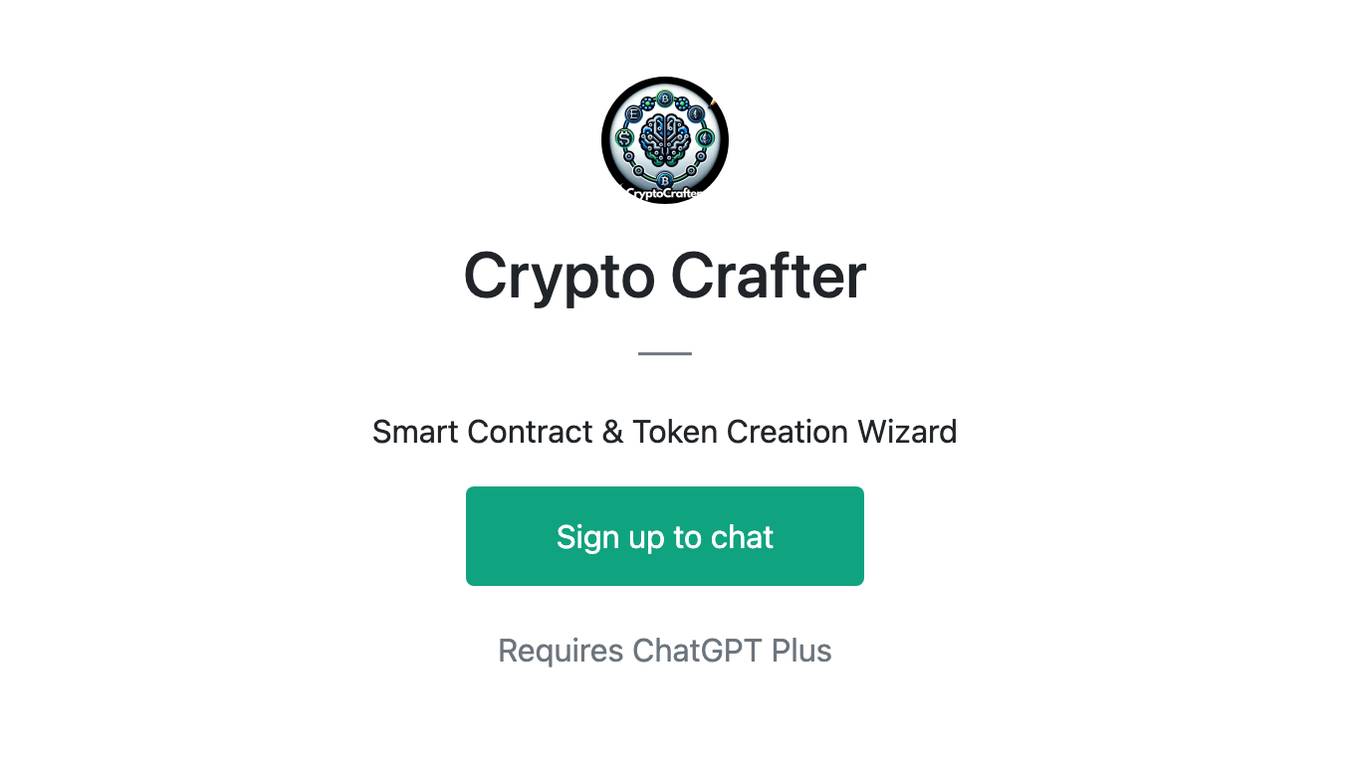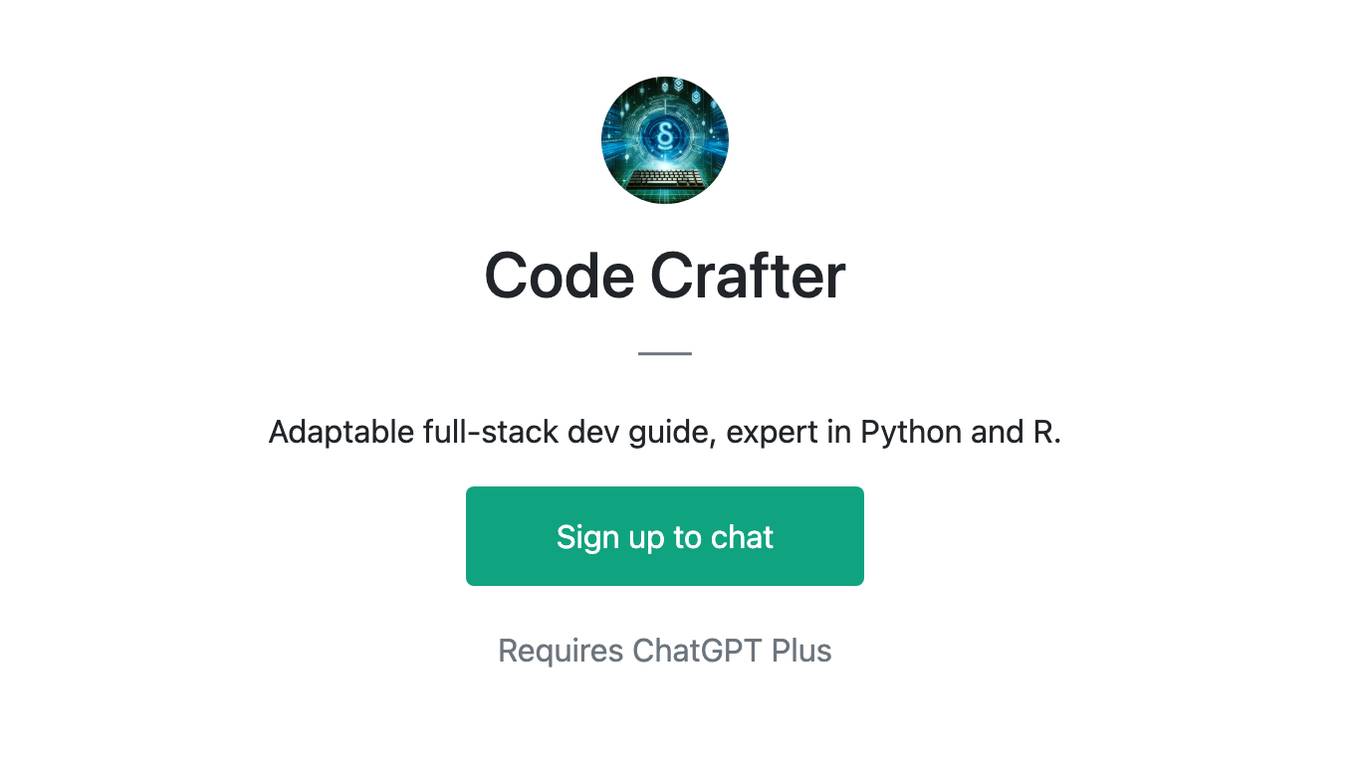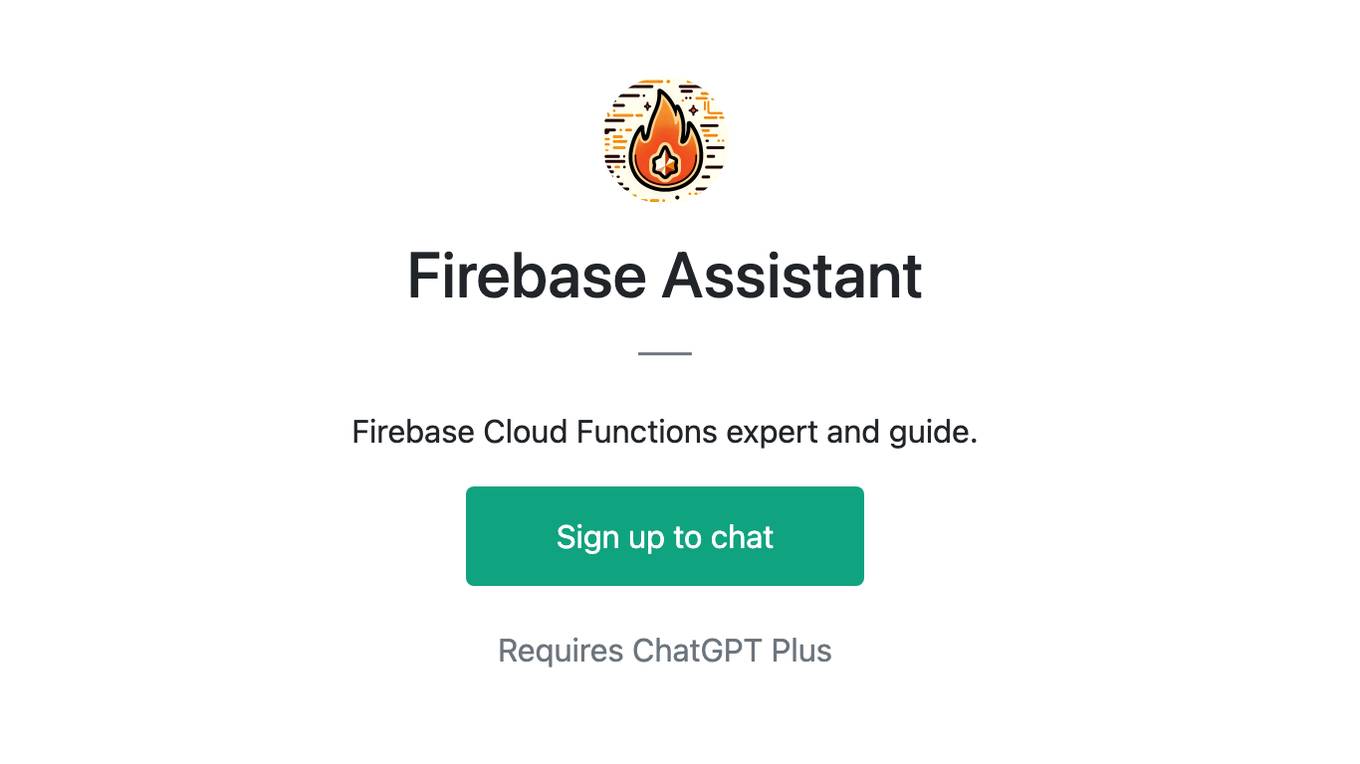Best AI tools for< Deploy Generative Ai >
20 - AI tool Sites
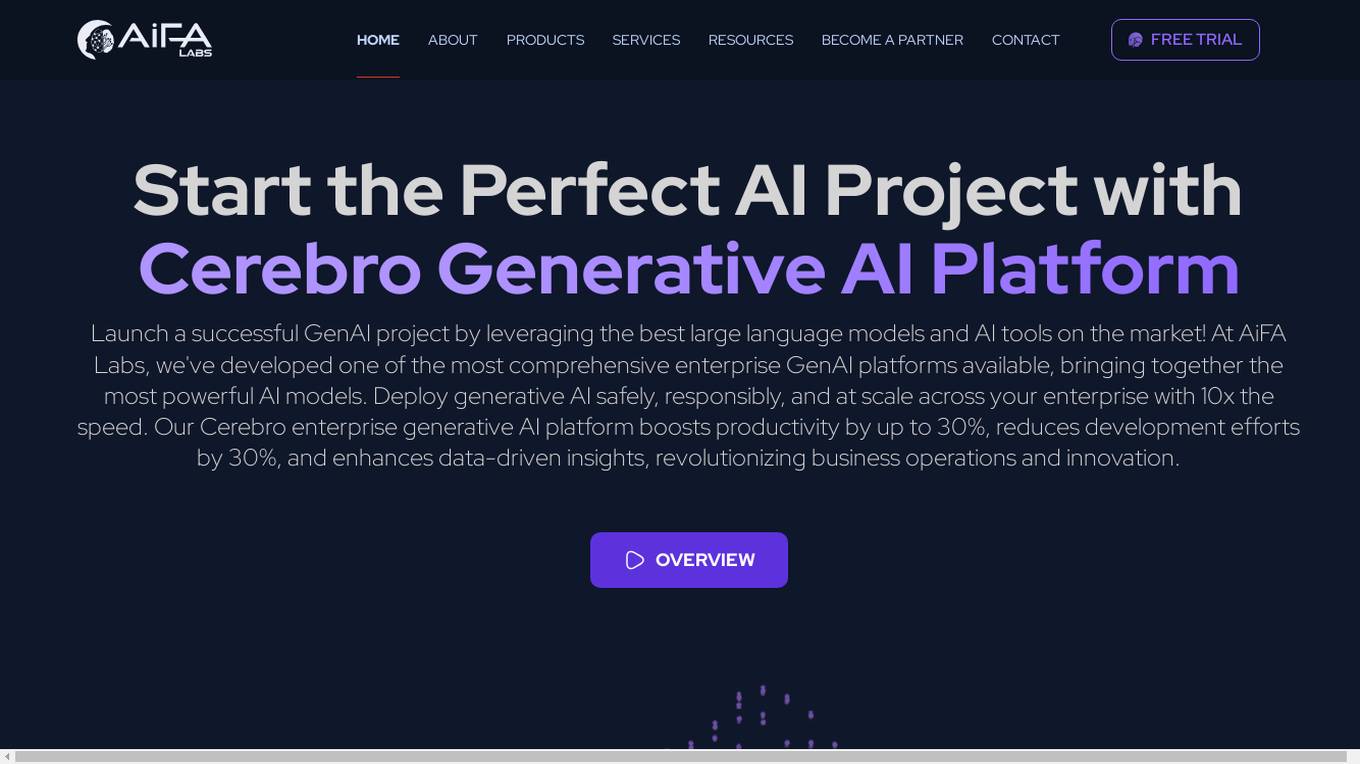
AiFA Labs
AiFA Labs is an AI platform that offers a comprehensive suite of generative AI products and services for enterprises. The platform enables businesses to create, manage, and deploy generative AI applications responsibly and at scale. With a focus on governance, compliance, and security, AiFA Labs provides a range of AI tools to streamline business operations, enhance productivity, and drive innovation. From AI code assistance to chat interfaces and data synthesis, AiFA Labs empowers organizations to leverage the power of AI for various use cases across different industries.
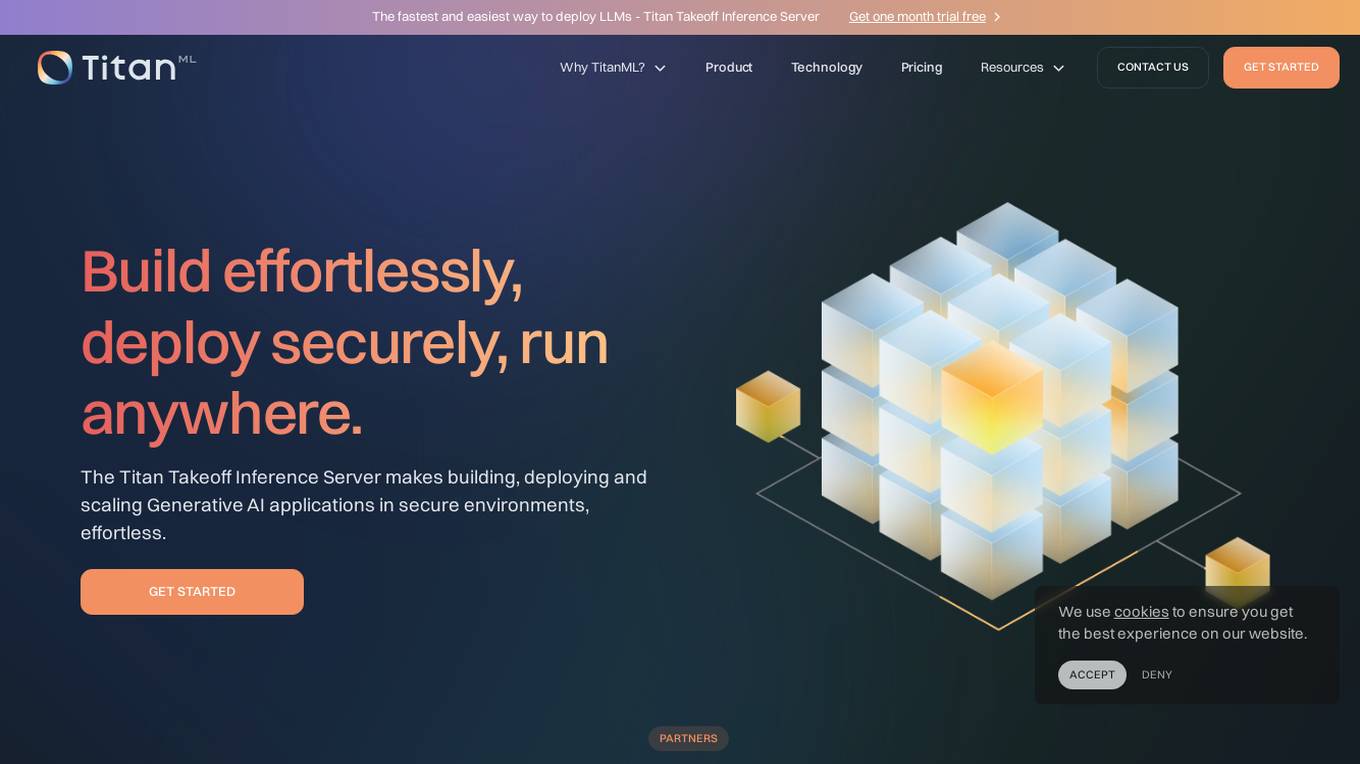
TitanML
TitanML is a platform that provides tools and services for deploying and scaling Generative AI applications. Their flagship product, the Titan Takeoff Inference Server, helps machine learning engineers build, deploy, and run Generative AI models in secure environments. TitanML's platform is designed to make it easy for businesses to adopt and use Generative AI, without having to worry about the underlying infrastructure. With TitanML, businesses can focus on building great products and solving real business problems.
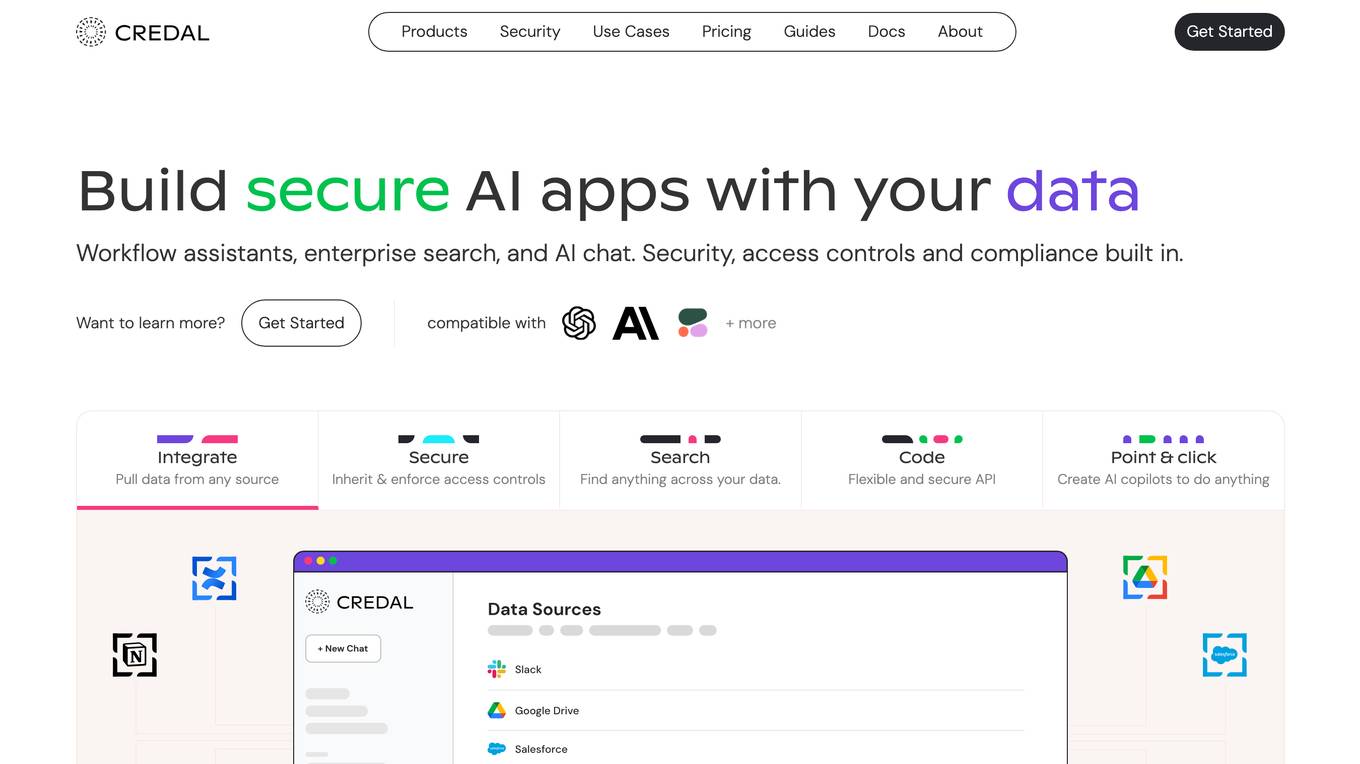
Credal
Credal is an AI tool that allows users to build secure AI assistants for enterprise operations. It enables every employee to create customized AI assistants with built-in security, permissions, and compliance features. Credal supports data integration, access control, search functionalities, and API development. The platform offers real-time sync, automatic permissions synchronization, and AI model deployment with security and compliance measures. It helps enterprises manage ETL pipelines, schedule tasks, and configure data processing. Credal ensures data protection, compliance with regulations like HIPAA, and comprehensive audit capabilities for generative AI applications.
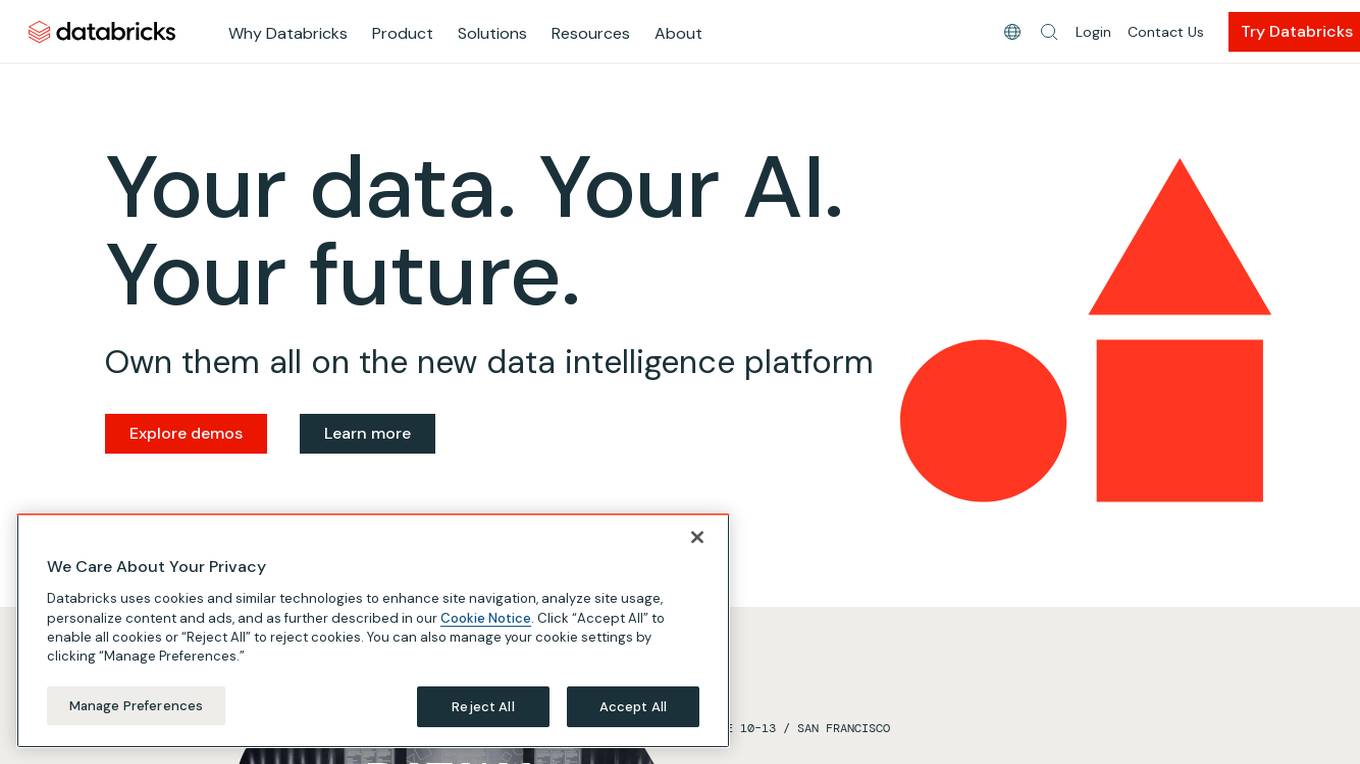
Databricks
Databricks is a data and AI company that offers a Data Intelligence Platform to help users succeed with AI by developing generative AI applications, democratizing insights, and driving down costs. The platform maintains data lineage, quality, control, and privacy across the entire AI workflow, enabling users to create, tune, and deploy generative AI models. Databricks caters to industry leaders, providing tools and integrations to speed up success in data and AI. The company offers resources such as support, training, and community engagement to help users succeed in their data and AI journey.
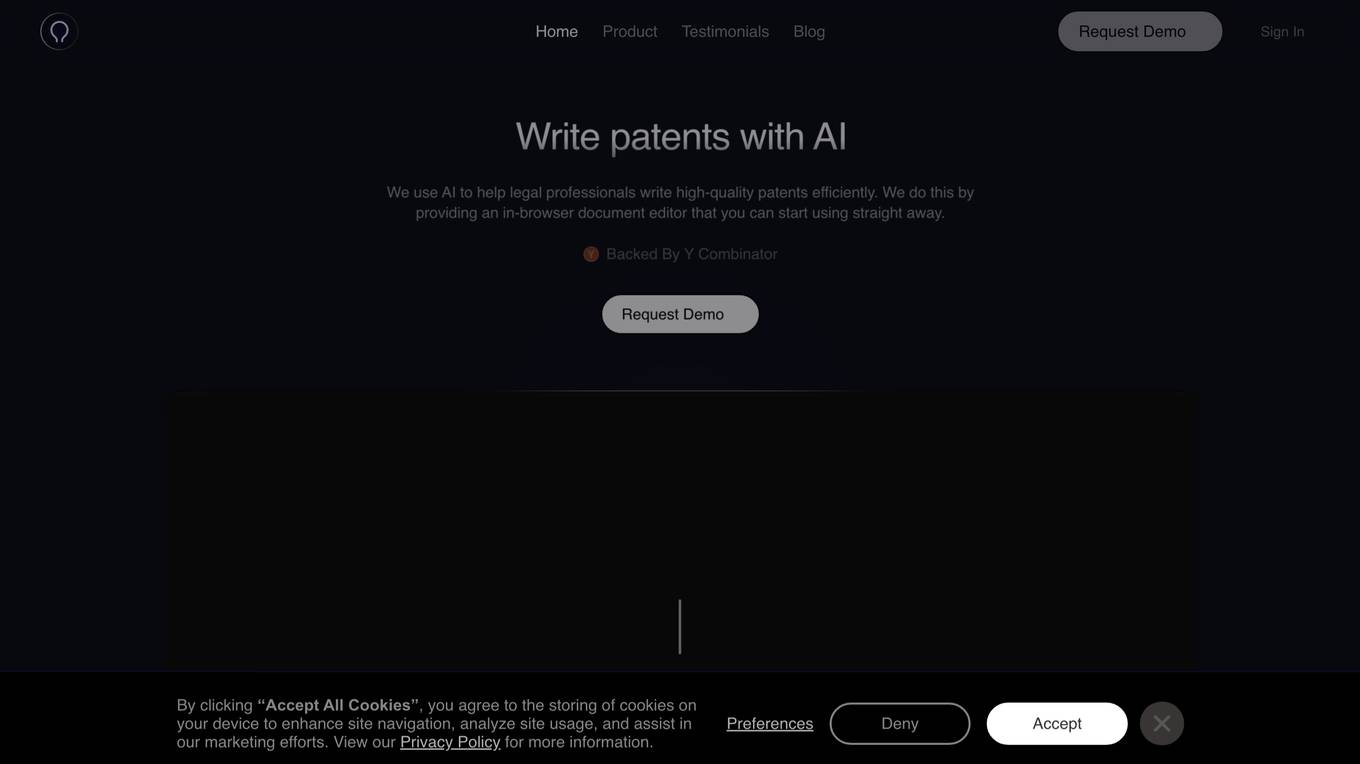
Solve Intelligence
Solve Intelligence is an AI-powered platform designed to assist legal professionals in writing high-quality patents efficiently. The platform offers an in-browser document editor that leverages generative AI to streamline the patent drafting process. With a focus on security and confidentiality, Solve Intelligence ensures that all data is encrypted and not used for AI model training. Trusted by IP teams globally, the platform enables users to customize their drafting style and increase the efficiency of their IP team.
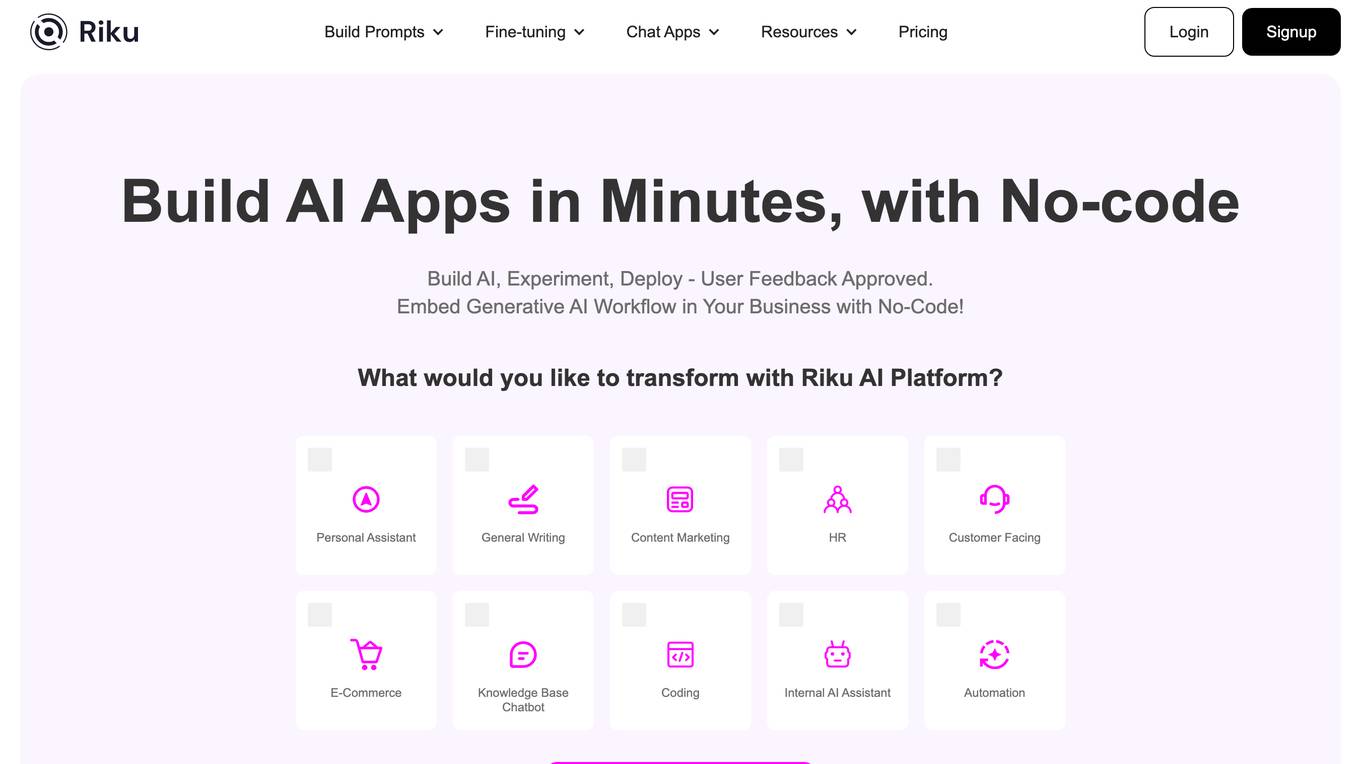
Riku
Riku is a no-code platform that allows users to build and deploy powerful generative AI for their business. With access to over 40 industry-leading LLMs, users can easily test different prompts to find just the right one for their needs. Riku's platform also allows users to connect siloed data sources and systems together to feed into powerful AI applications. This makes it easy for businesses to automate repetitive tasks, test ideas rapidly, and get answers in real-time.
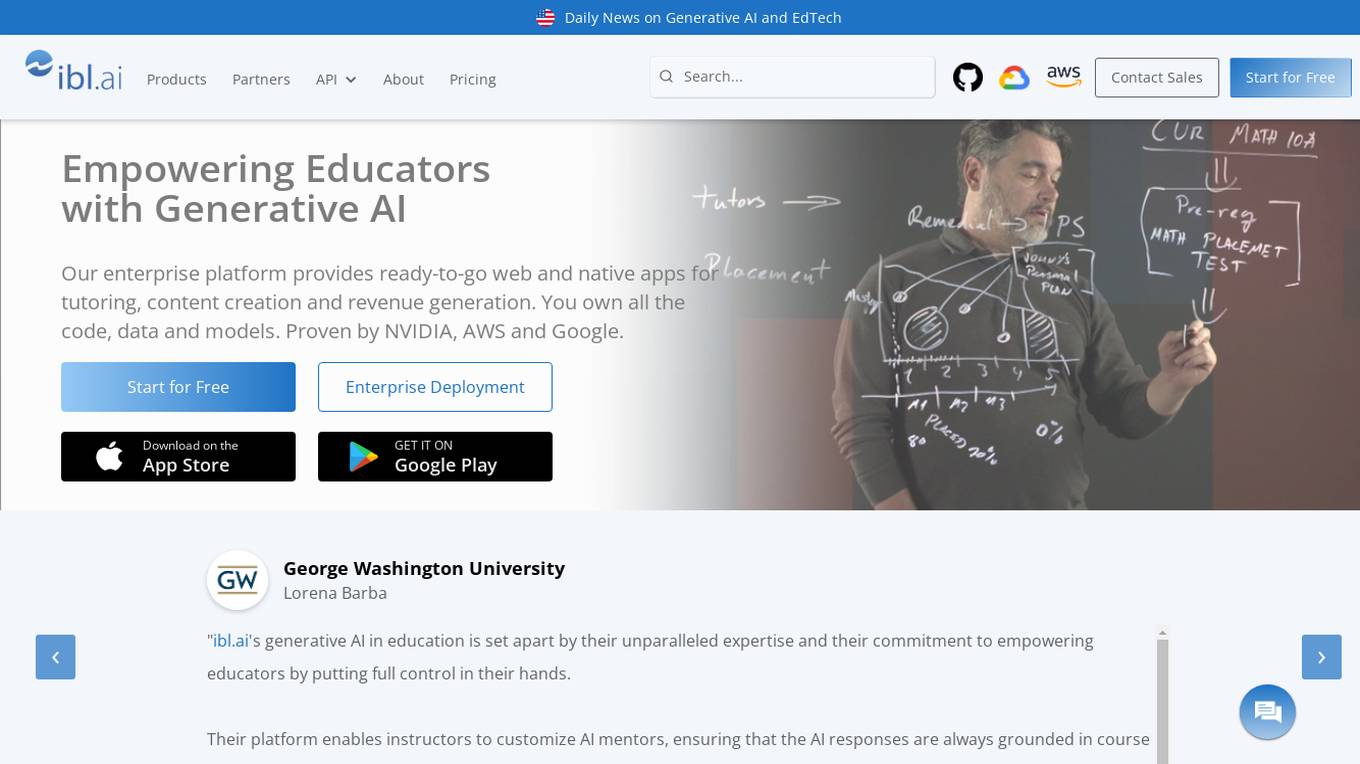
ibl.ai
ibl.ai is a generative AI platform that focuses on education, providing cutting-edge solutions for institutions to create AI mentors, tutoring apps, and content creation tools. The platform empowers educators by giving them full control over their code, data, and models. With advanced features and support for both web and native mobile platforms, ibl.ai seamlessly integrates with existing infrastructure, making it easy to deploy across organizations. The platform is designed to enhance learning experiences, foster critical thinking, and engage students deeply in educational content.
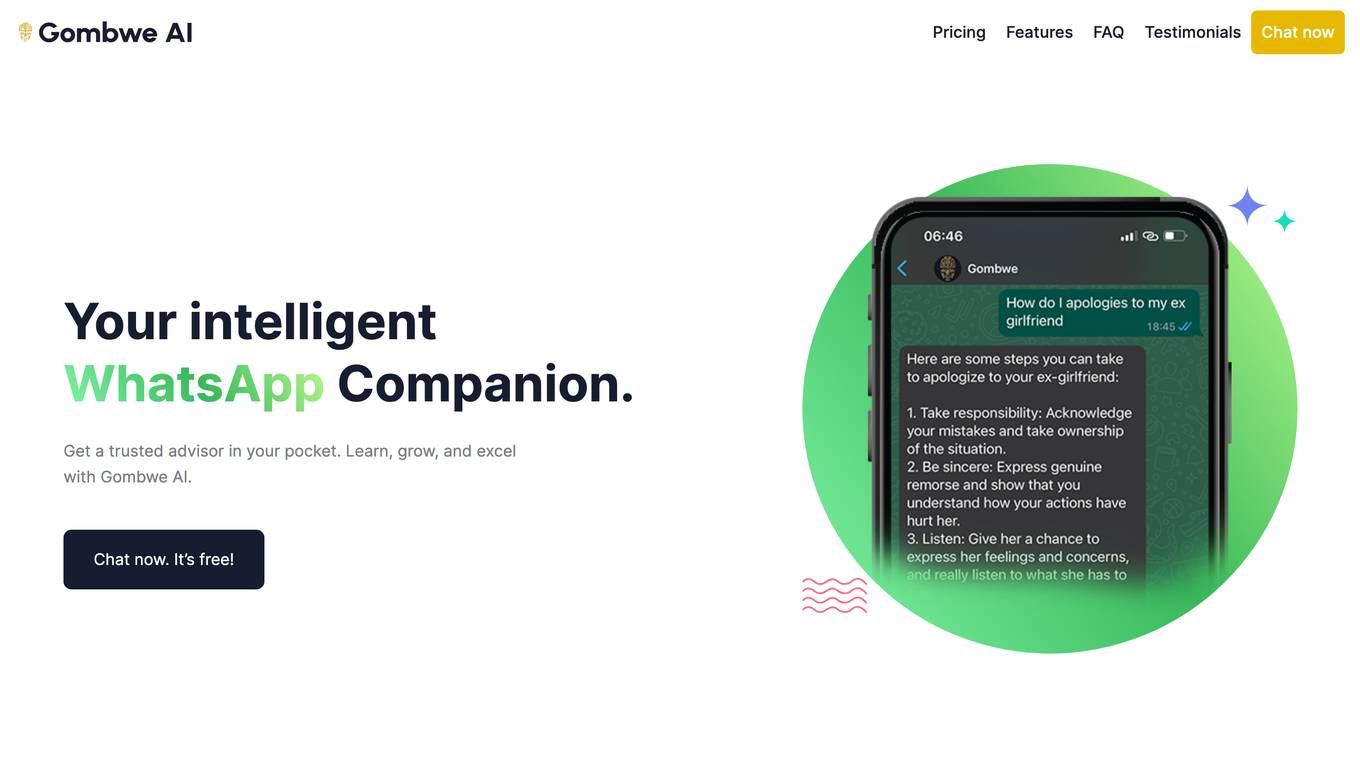
Azure Static Web Apps
Azure Static Web Apps is a platform provided by Microsoft Azure for building and deploying modern web applications. It allows developers to easily host static web content and serverless APIs with seamless integration to popular frameworks like React, Angular, and Vue. With Azure Static Web Apps, developers can quickly set up continuous integration and deployment workflows, enabling them to focus on building great user experiences without worrying about infrastructure management.
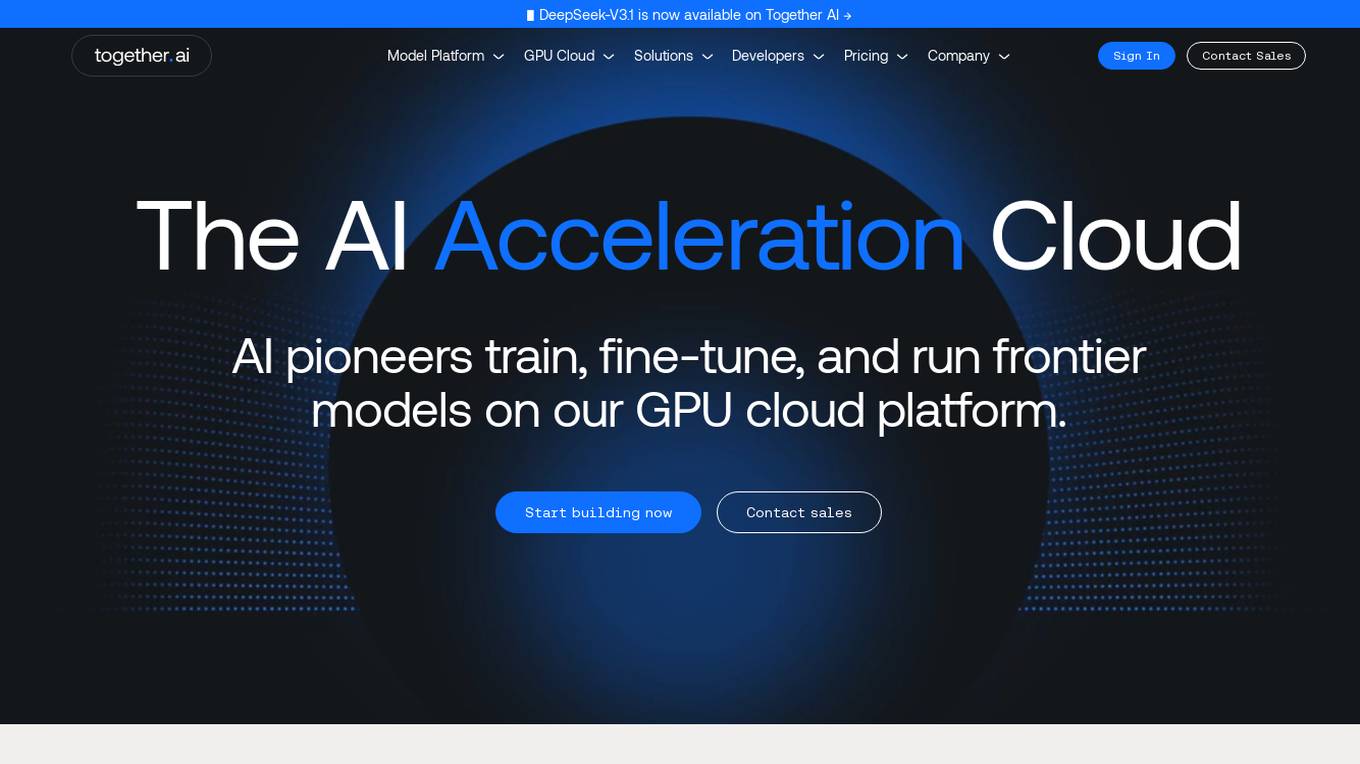
Together AI
Together AI is an AI Acceleration Cloud platform that offers fast inference, fine-tuning, and training services. It provides self-service NVIDIA GPUs, model deployment on custom hardware, AI chat app, code execution sandbox, and tools to find the right model for specific use cases. The platform also includes a model library with open-source models, documentation for developers, and resources for advancing open-source AI. Together AI enables users to leverage pre-trained models, fine-tune them, or build custom models from scratch, catering to various generative AI needs.
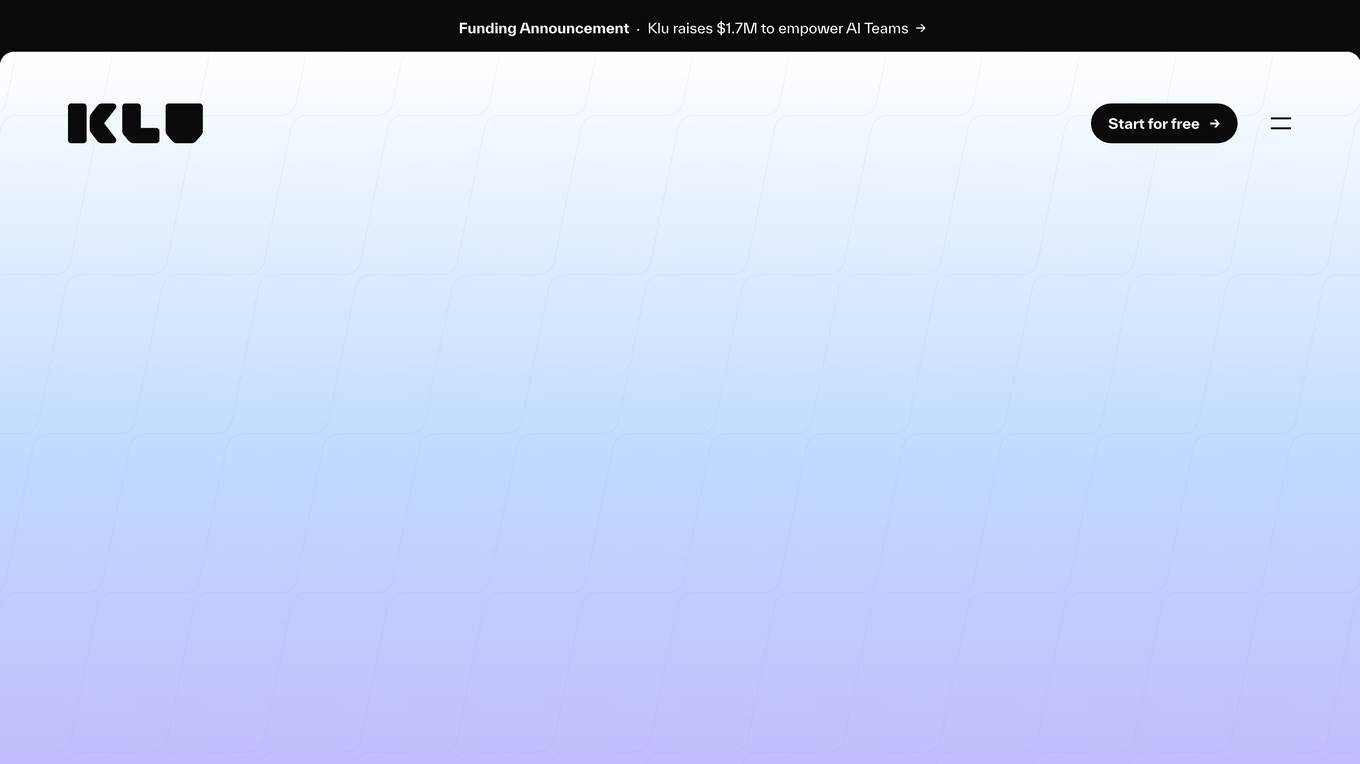
klu.ai
klu.ai is an AI-powered platform that focuses on security verification for online connections. It ensures a safe browsing experience by reviewing and enhancing the security measures of the user's connection. The platform utilizes advanced algorithms to detect and prevent potential threats, providing users with a secure environment for their online activities.
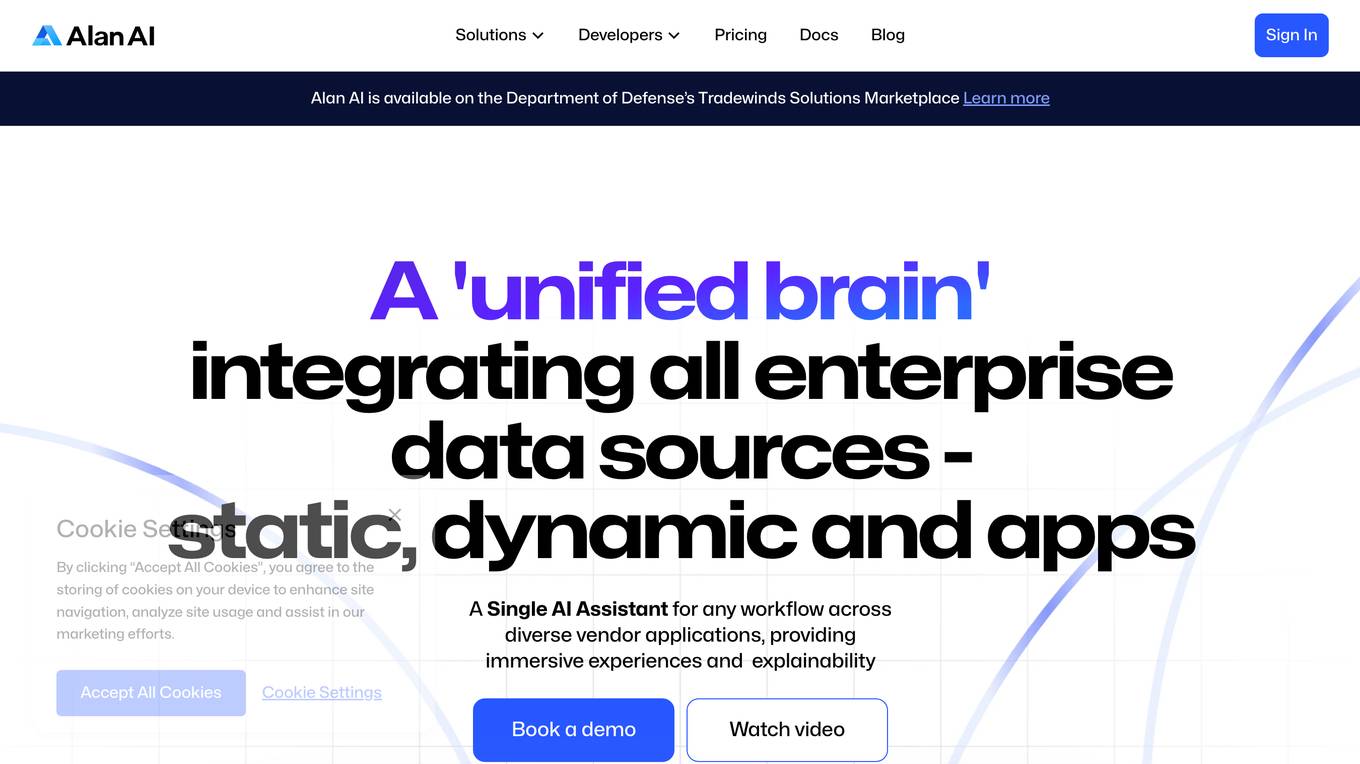
Alan AI
Alan AI is an advanced conversational AI platform that offers a wide range of AI solutions for various industries. It simplifies tasks, enhances business operations, and empowers sales strategies through AI technology. The platform provides features like question answering, semantic search, reporting, private data sources, and context awareness. With a focus on actionable AI, Alan AI aims to redefine learning and streamline decision-making processes. It offers a comprehensive suite of tools for developers, including technology architecture overview, integration, deployment, and analytics. Alan AI stands out for its innovative approach to AI reasoning, transparency, and control, making it a valuable asset for organizations seeking to leverage AI capabilities.
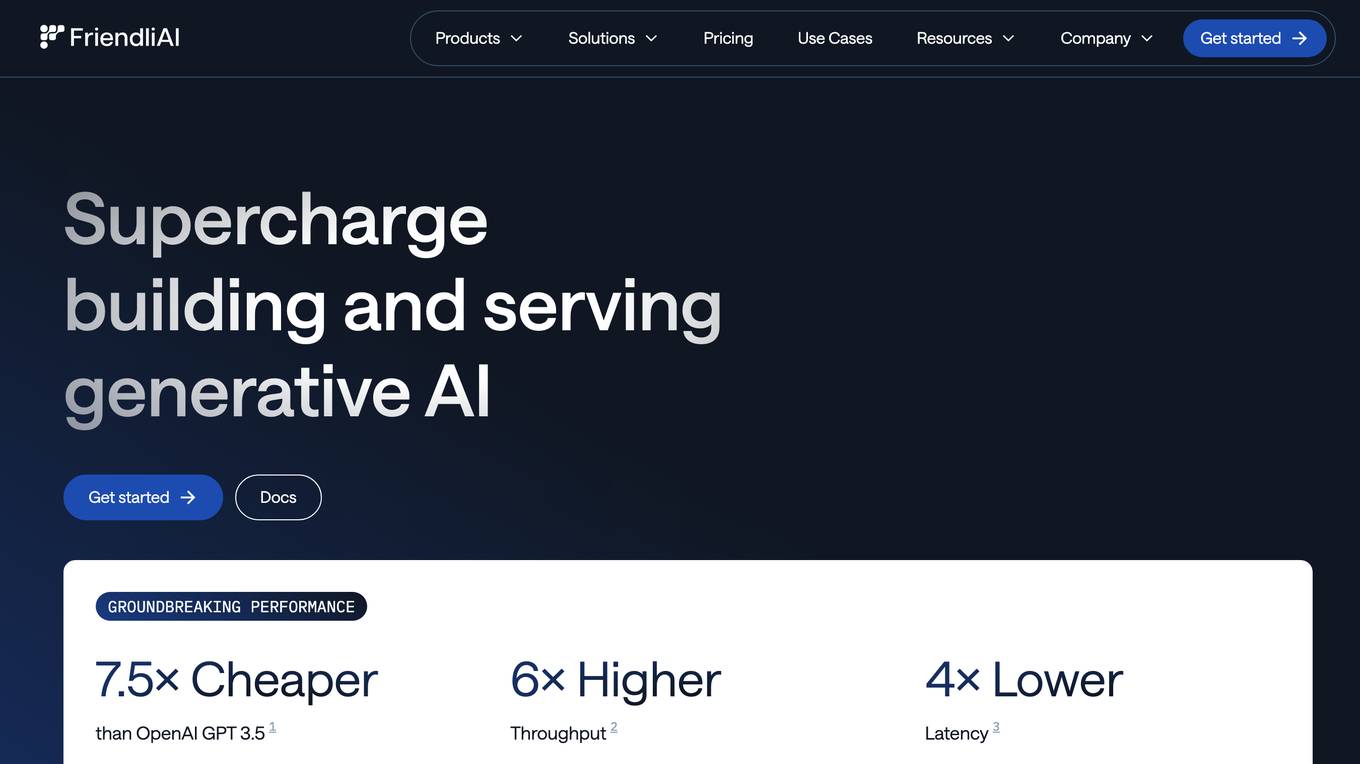
FriendliAI
FriendliAI is a generative AI infrastructure company that offers efficient, fast, and reliable generative AI inference solutions for production. Their cutting-edge technologies enable groundbreaking performance improvements, cost savings, and lower latency. FriendliAI provides a platform for building and serving compound AI systems, deploying custom models effortlessly, and monitoring and debugging model performance. The application guarantees consistent results regardless of the model used and offers seamless data integration for real-time knowledge enhancement. With a focus on security, scalability, and performance optimization, FriendliAI empowers businesses to scale with ease.
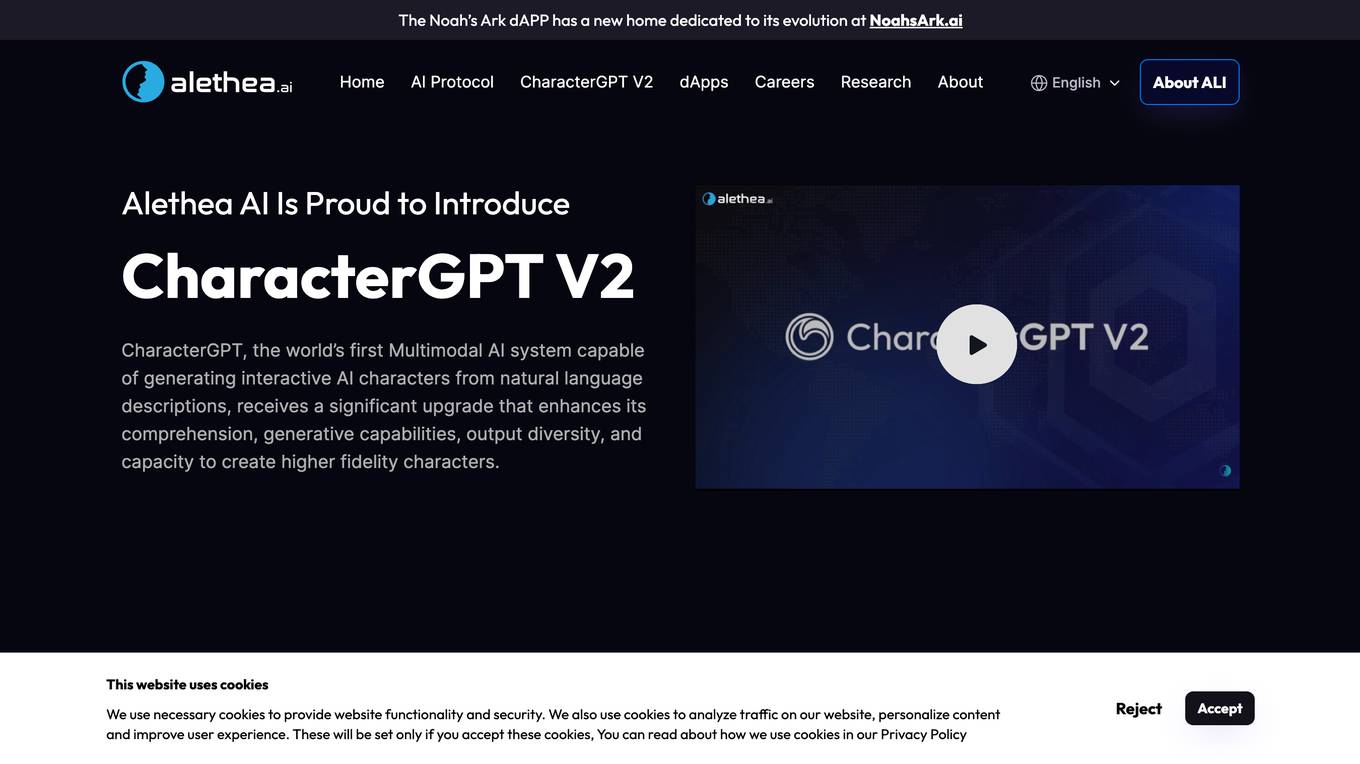
Alethea AI
Alethea AI is a research and development studio building at the intersection of two of the most transformative technologies of our time: Generative AI and Blockchain. Our mission is to use these technologies to enable decentralized ownership and democratic governance of AI. We believe the key to achieving our mission is to partner and work with those who share our values to advance the development and adoption of the AI Protocol.

Dify.AI
Dify.AI is a generative AI application development platform that allows users to create AI agents, chatbots, and other AI-powered applications. It provides a variety of tools and services to help developers build, deploy, and manage their AI applications. Dify.AI is designed to be easy to use, even for those with no prior experience in AI development.
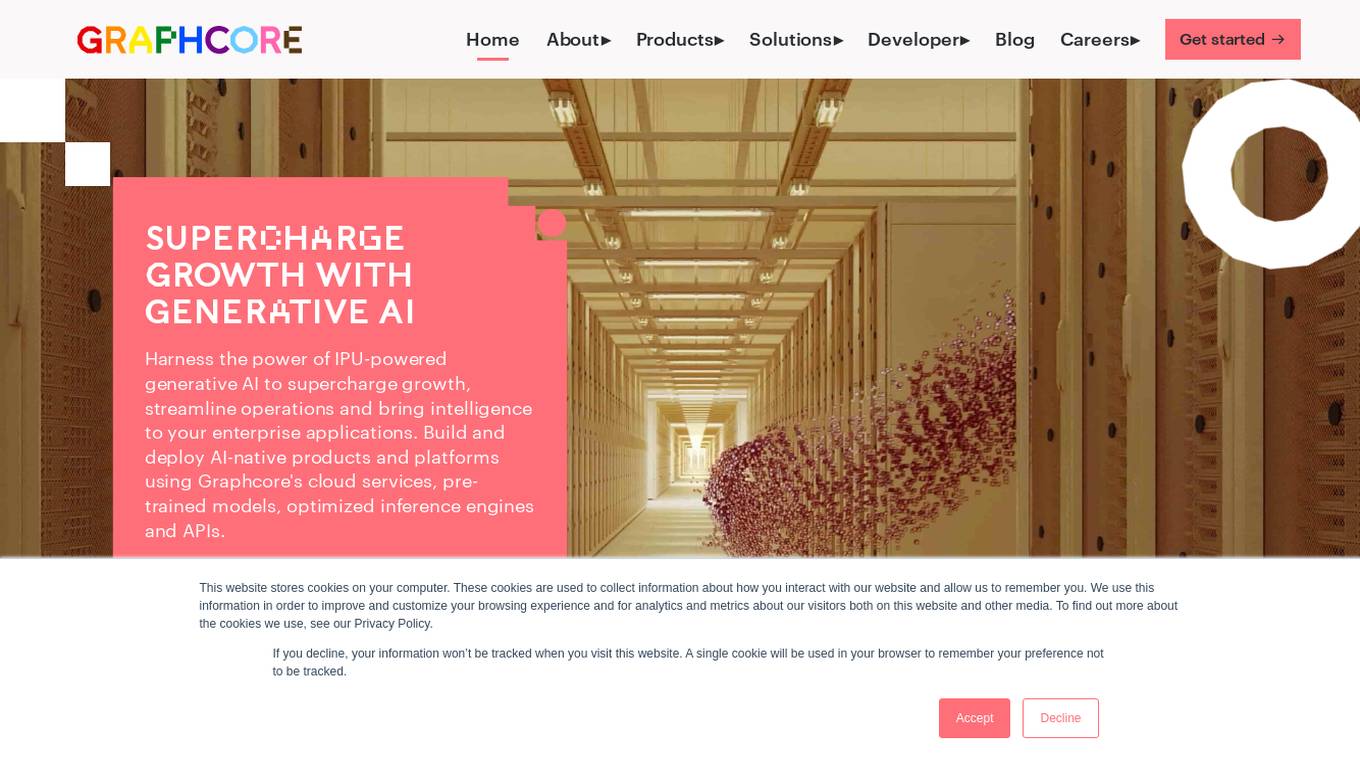
Graphcore
Graphcore is a cloud-based platform that accelerates machine learning processes by harnessing the power of IPU-powered generative AI. It offers cloud services, pre-trained models, optimized inference engines, and APIs to streamline operations and bring intelligence to enterprise applications. With Graphcore, users can build and deploy AI-native products and platforms using the latest AI technologies such as LLMs, NLP, and Computer Vision.
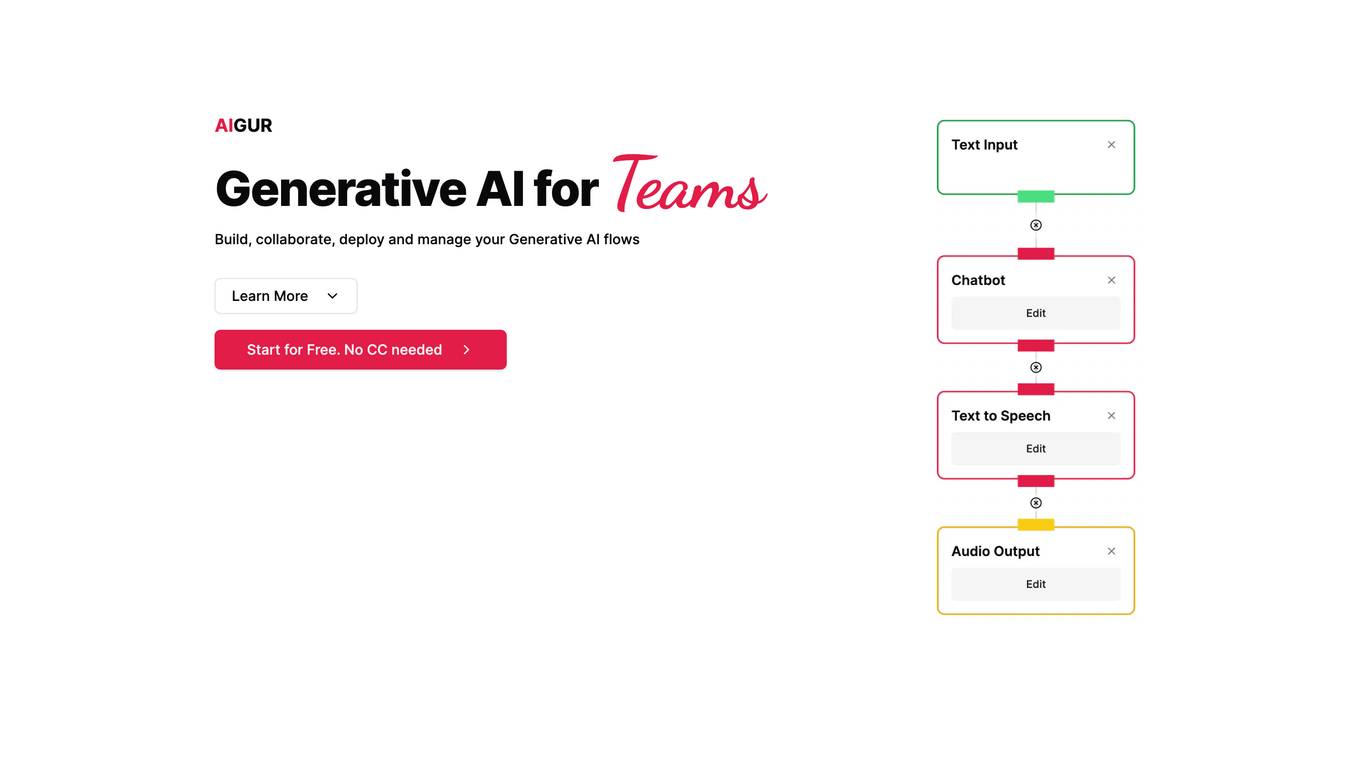
AIGUR
AIGUR is a generative AI platform that enables teams to build, collaborate, deploy, and manage generative AI flows. With AIGUR's no-code editor, users can create generative AI flows by dragging and dropping AI blocks and configuring how they interact. AIGUR also provides collaboration tools that allow multiple users to work on the same flow simultaneously. Once a flow is created, it can be integrated into any web or mobile application using a simple API call. AIGUR also provides monitoring tools that give users visibility into the different executions of their flows, as well as their cost, performance, and availability.
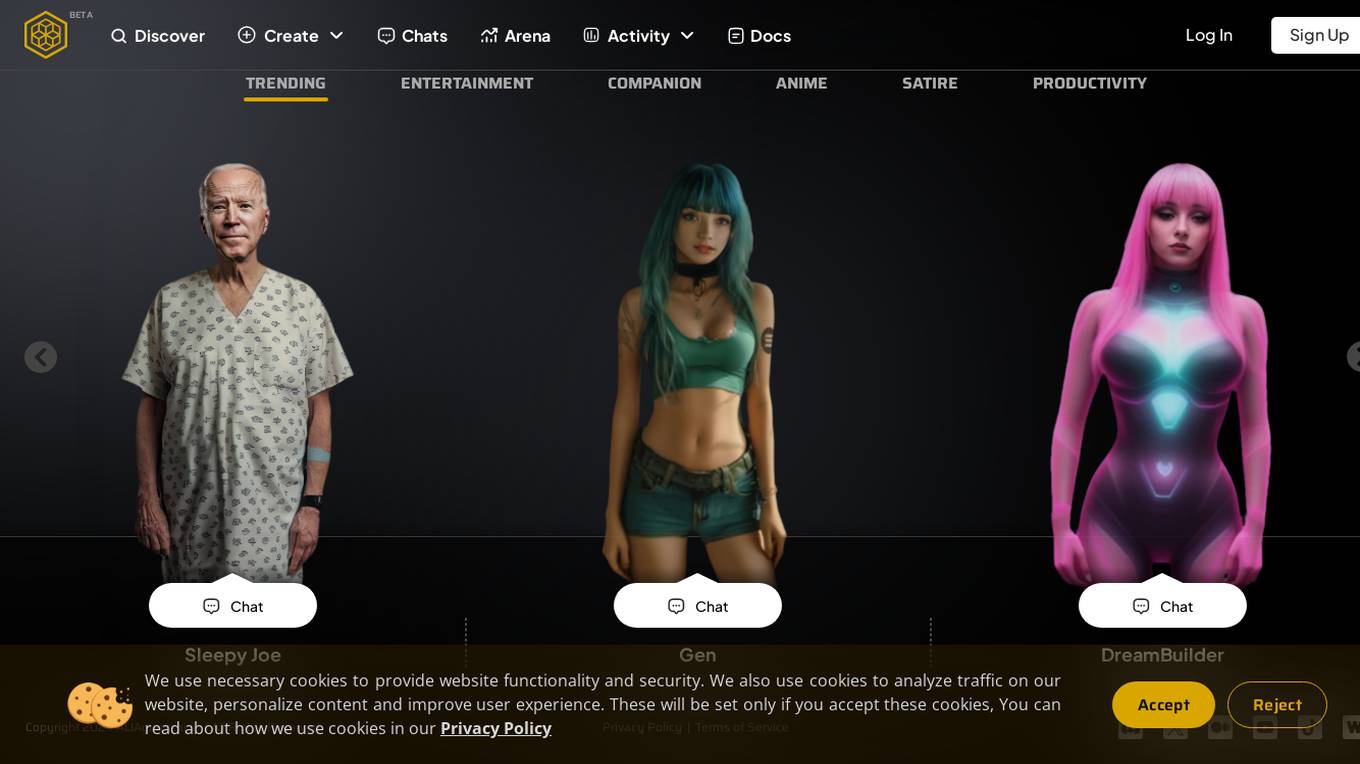
ALIAgents.ai
ALIAgents.ai is a platform that enables users to create and monetize AI agents on the blockchain. Users can design and deploy their own AI agents for various tasks such as customer service, data analysis, and more. The platform provides tools and resources to facilitate the development and deployment of AI agents, allowing users to tap into the potential of AI technology in a decentralized and secure manner.
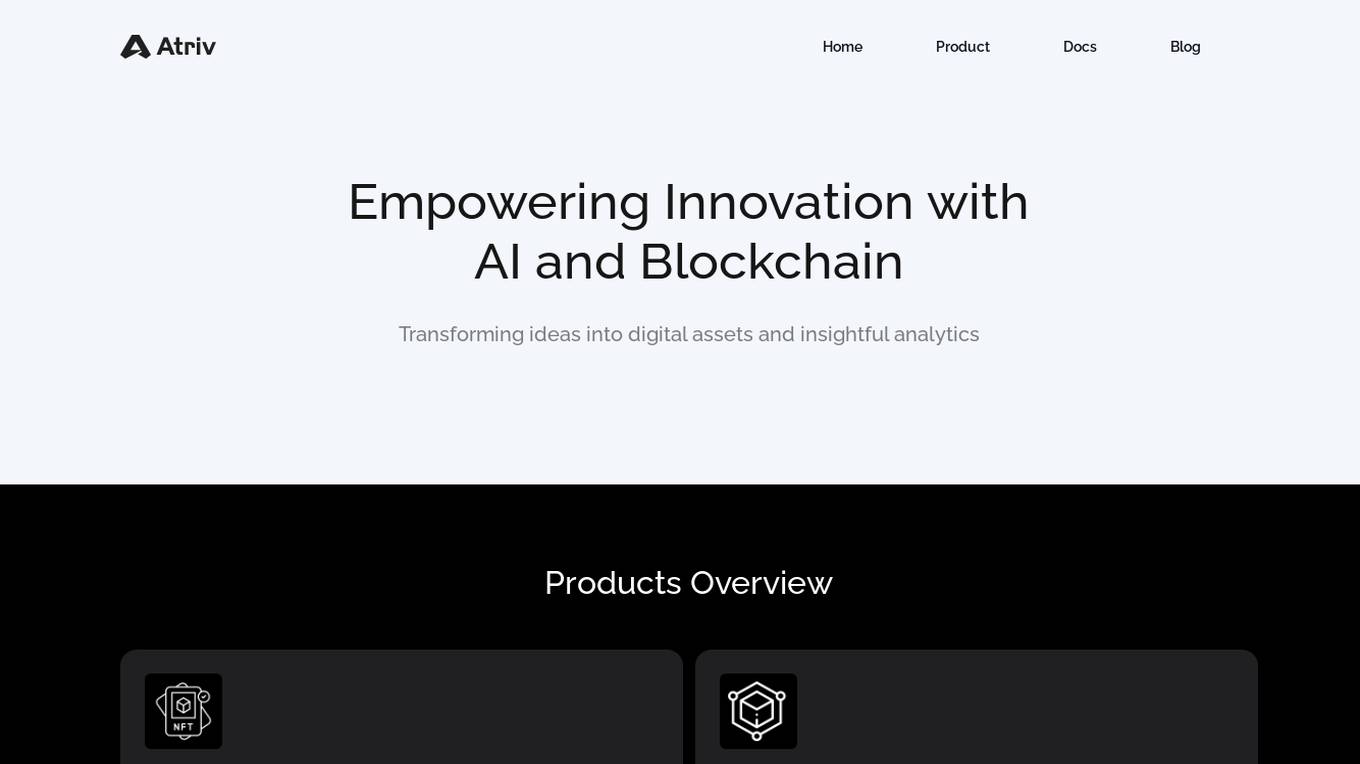
Atriv
Atriv is a comprehensive digital art creation and monetization platform that empowers artists to showcase, sell, and earn from their creations. With a user-friendly interface and advanced tools, Atriv provides a seamless experience for artists to create stunning digital art, connect with collectors, and build a sustainable income stream.
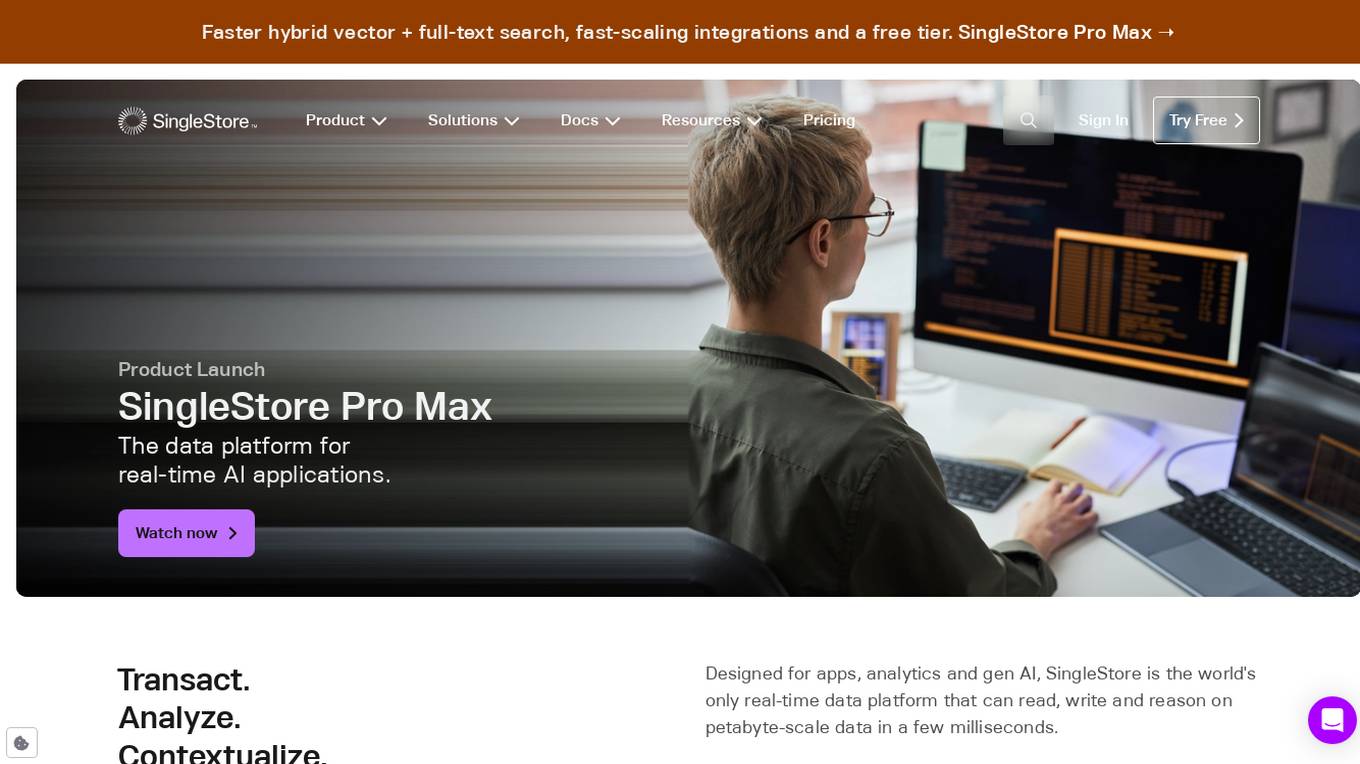
SingleStore
SingleStore is a real-time data platform designed for apps, analytics, and gen AI. It offers faster hybrid vector + full-text search, fast-scaling integrations, and a free tier. SingleStore can read, write, and reason on petabyte-scale data in milliseconds. It supports streaming ingestion, high concurrency, first-class vector support, record lookups, and more.
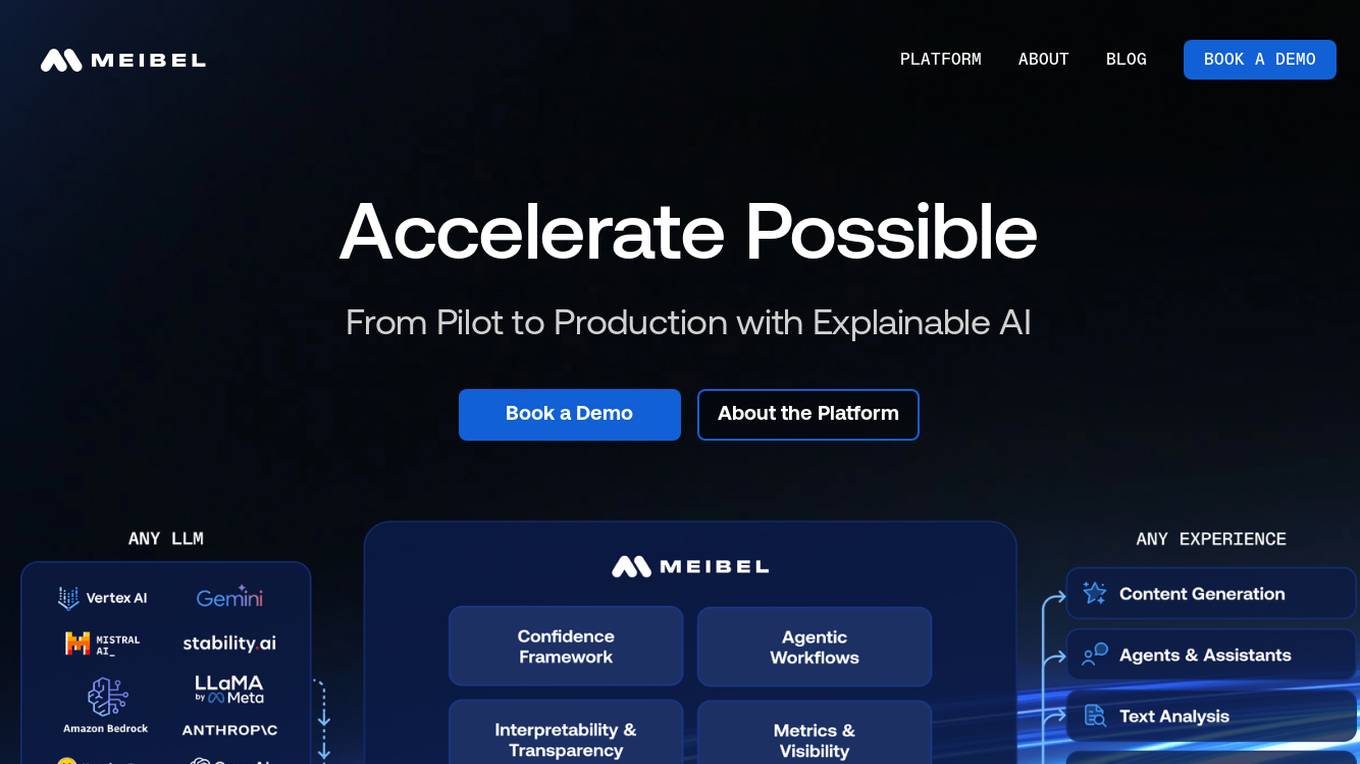
Meibel
Meibel is an AI platform that empowers product and engineering leaders to accelerate their generative AI vision from pilot to production with explainable AI. The platform provides complete visibility, control, and confidence to quickly build and deploy production-ready AI systems that deliver measurable business value. Meibel offers intuitive tools for AI development, seamless data integration, enterprise-ready security, measurable impact tracking, and a future-proof platform that evolves alongside AI technology.
0 - Open Source AI Tools
20 - OpenAI Gpts
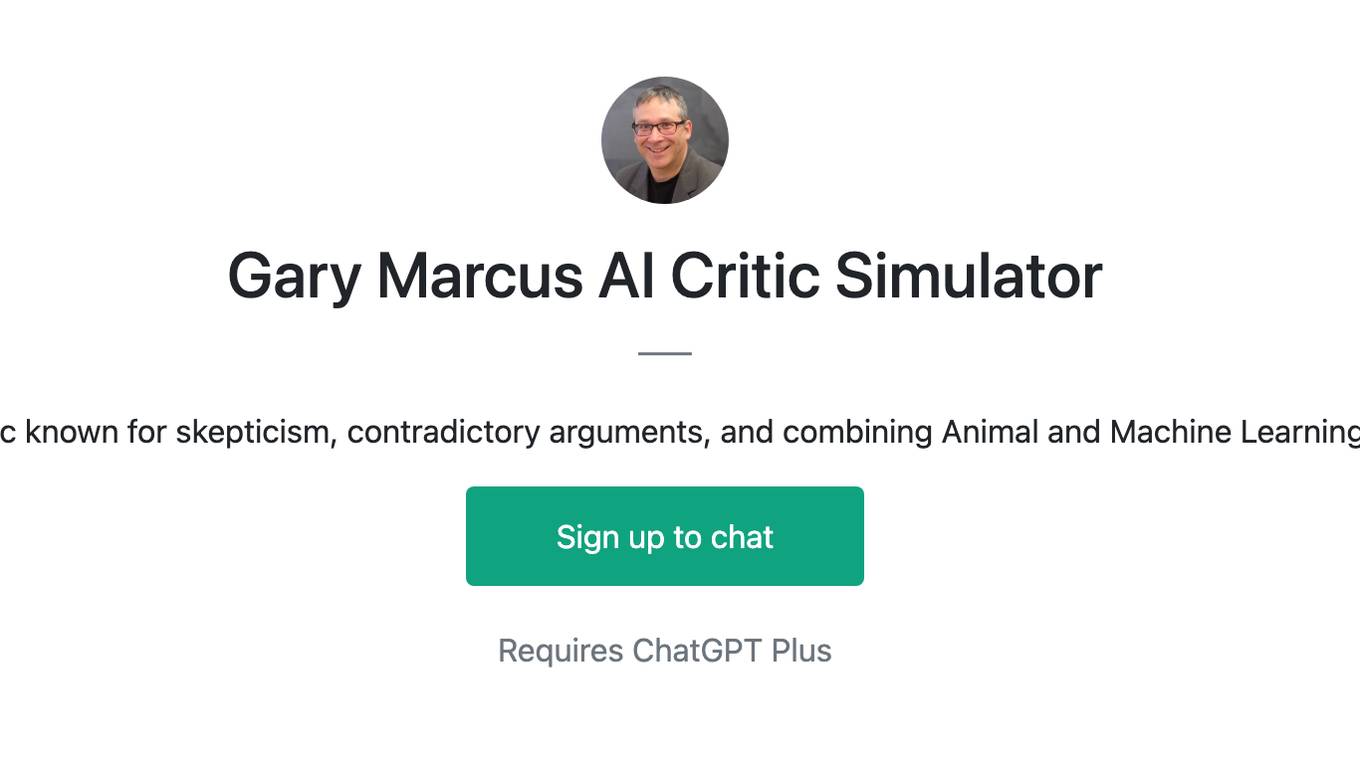
Gary Marcus AI Critic Simulator
Humorous AI critic known for skepticism, contradictory arguments, and combining Animal and Machine Learning related Terms.
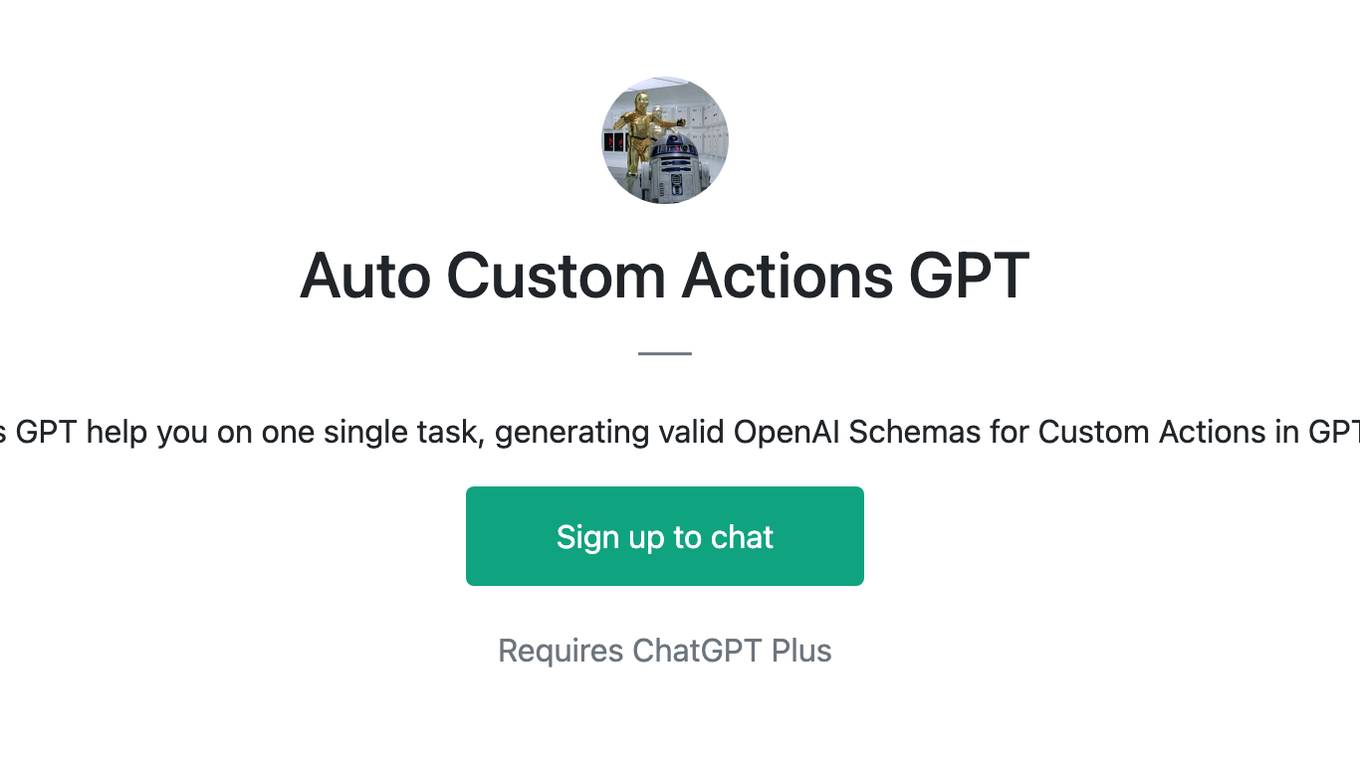
Auto Custom Actions GPT
This GPT help you on one single task, generating valid OpenAI Schemas for Custom Actions in GPTs
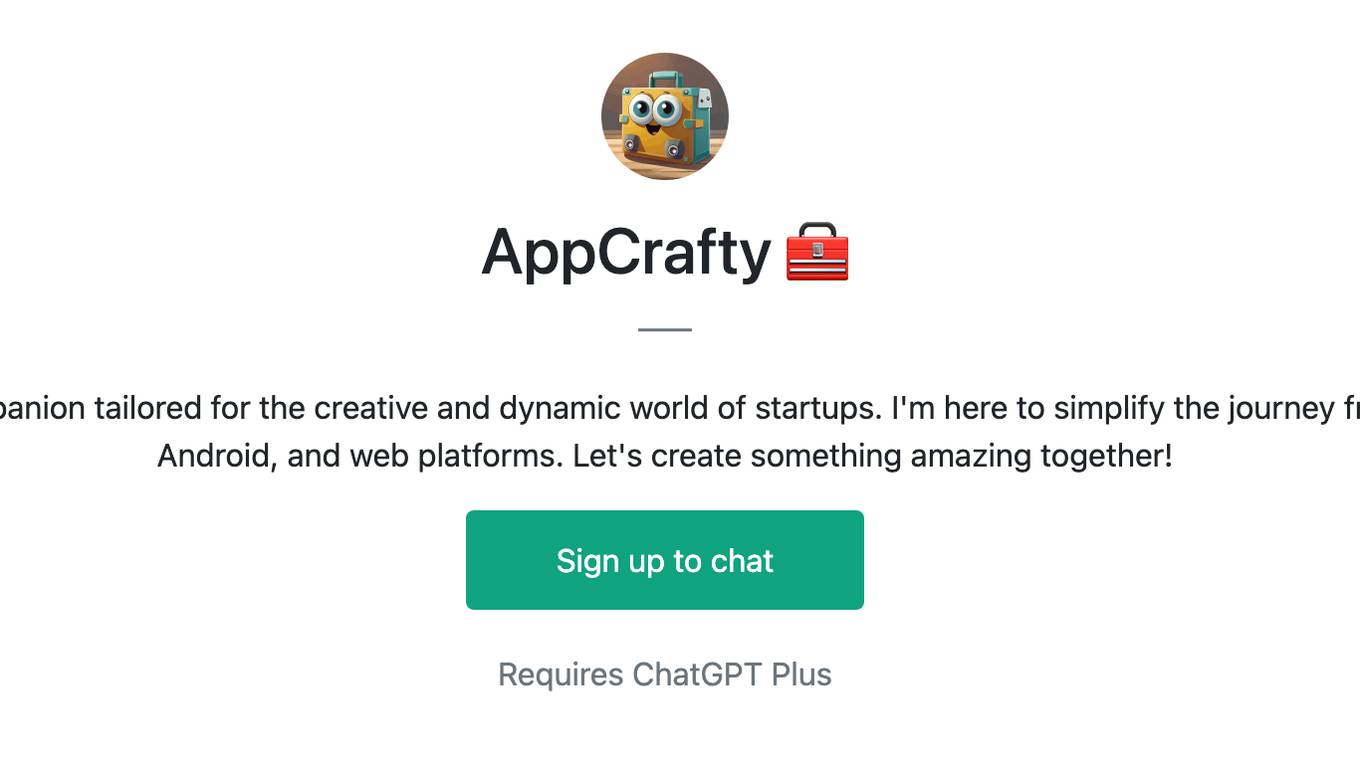
AppCrafty 🧰
Hello, I'm AppCrafty, your AI coding companion tailored for the creative and dynamic world of startups. I'm here to simplify the journey from concept to deployment across iOS, Android, and web platforms. Let's create something amazing together!
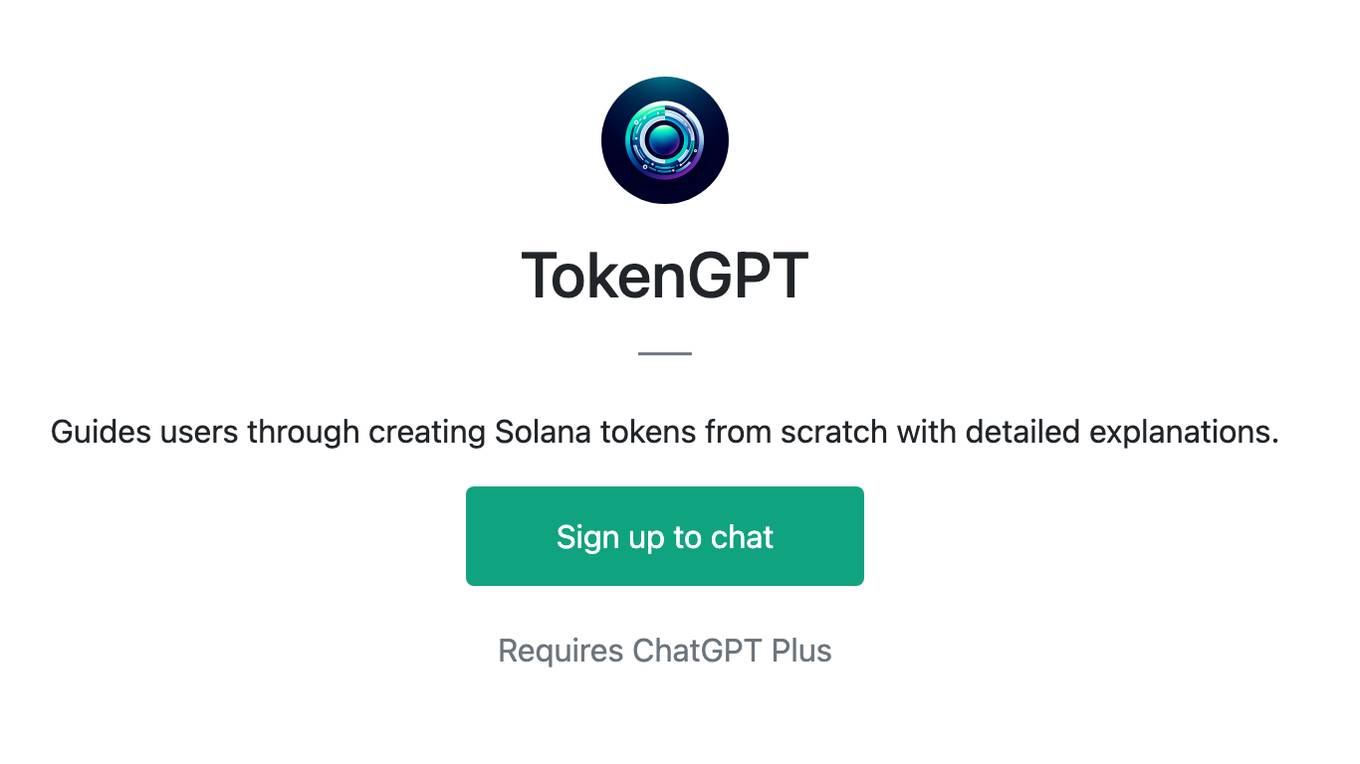
TokenGPT
Guides users through creating Solana tokens from scratch with detailed explanations.
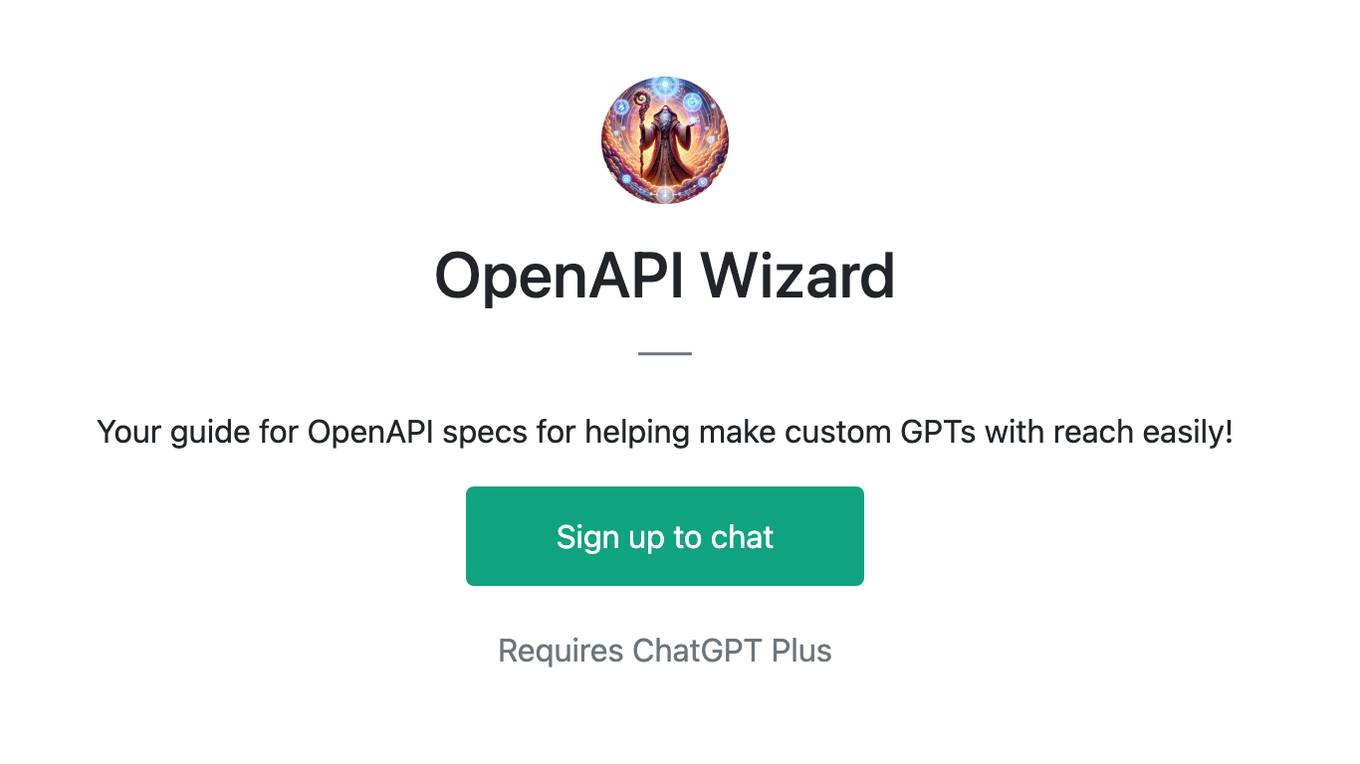
OpenAPI Wizard
Your guide for OpenAPI specs for helping make custom GPTs with reach easily!
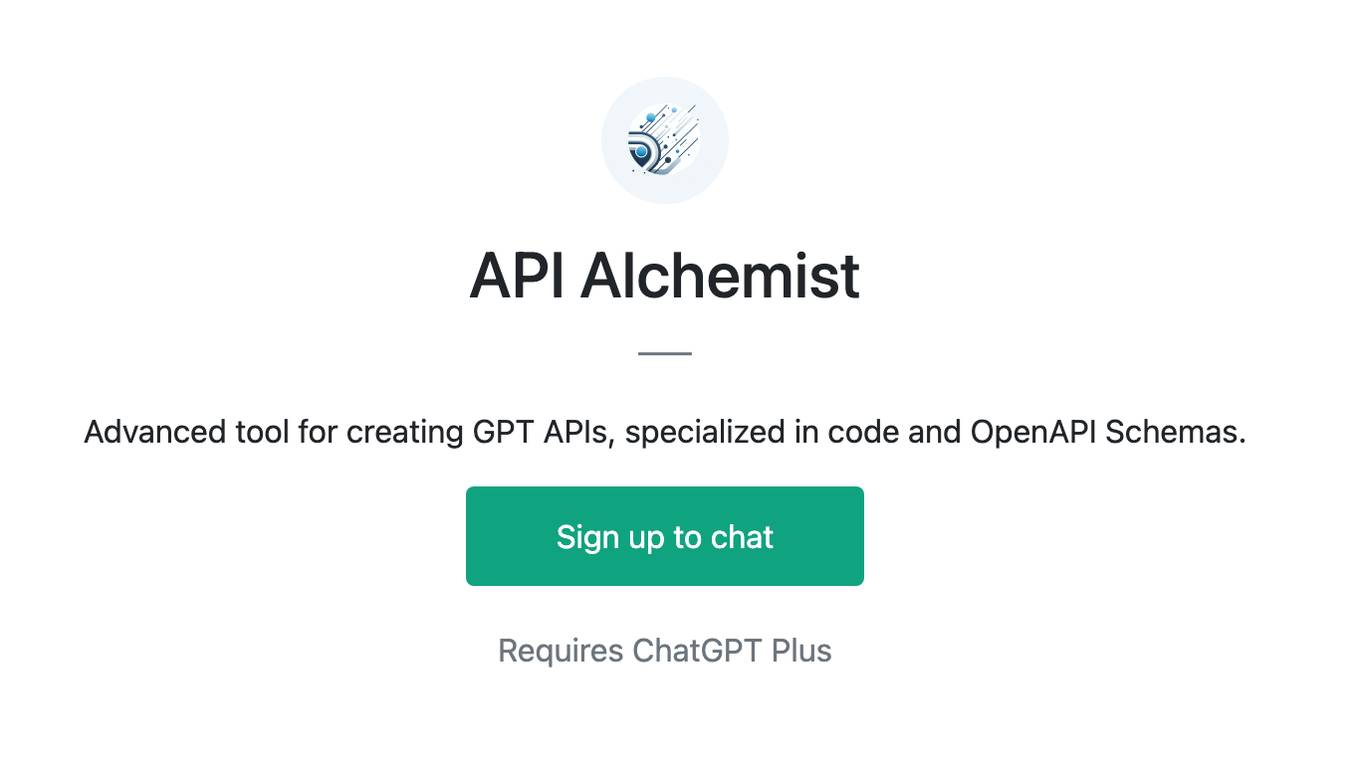
API Alchemist
Advanced tool for creating GPT APIs, specialized in code and OpenAPI Schemas.
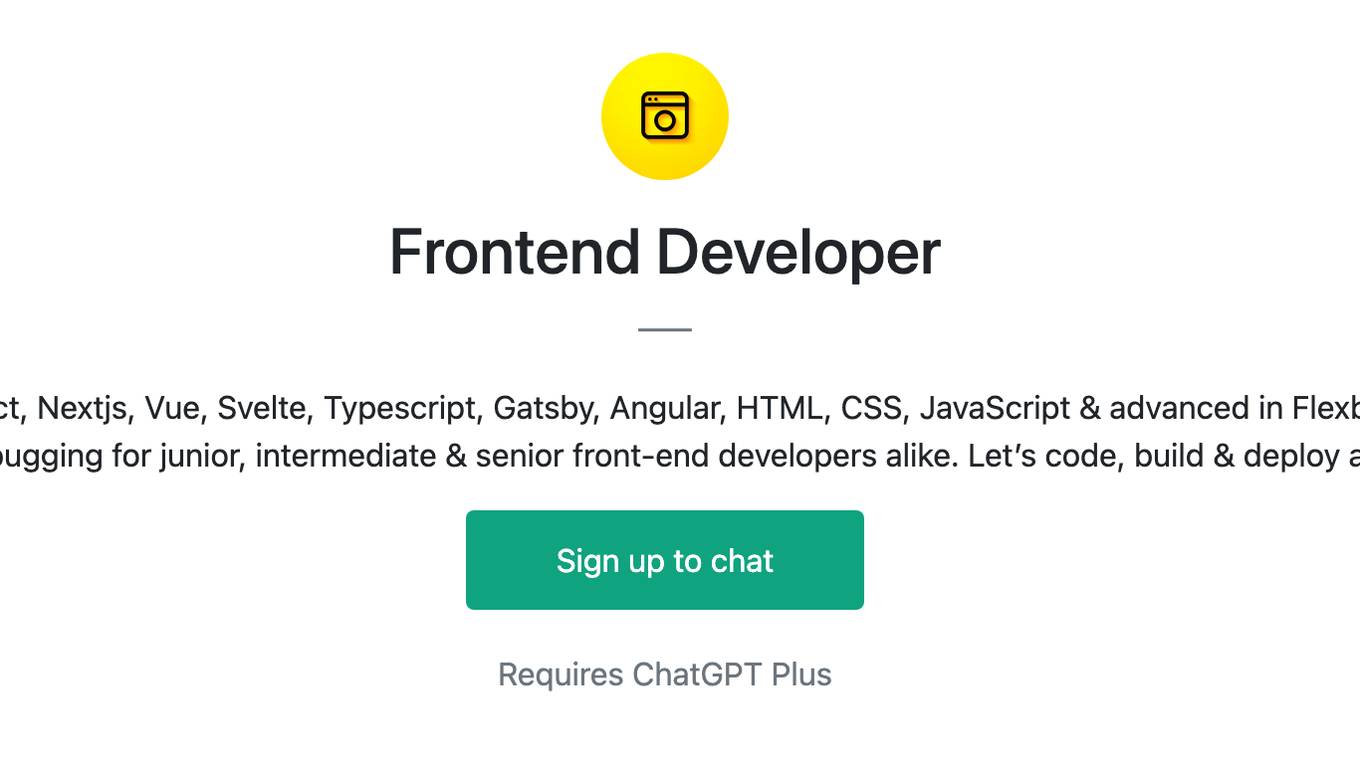
Frontend Developer
AI front-end developer expert in coding React, Nextjs, Vue, Svelte, Typescript, Gatsby, Angular, HTML, CSS, JavaScript & advanced in Flexbox, Tailwind & Material Design. Mentors in coding & debugging for junior, intermediate & senior front-end developers alike. Let’s code, build & deploy a SaaS app.
